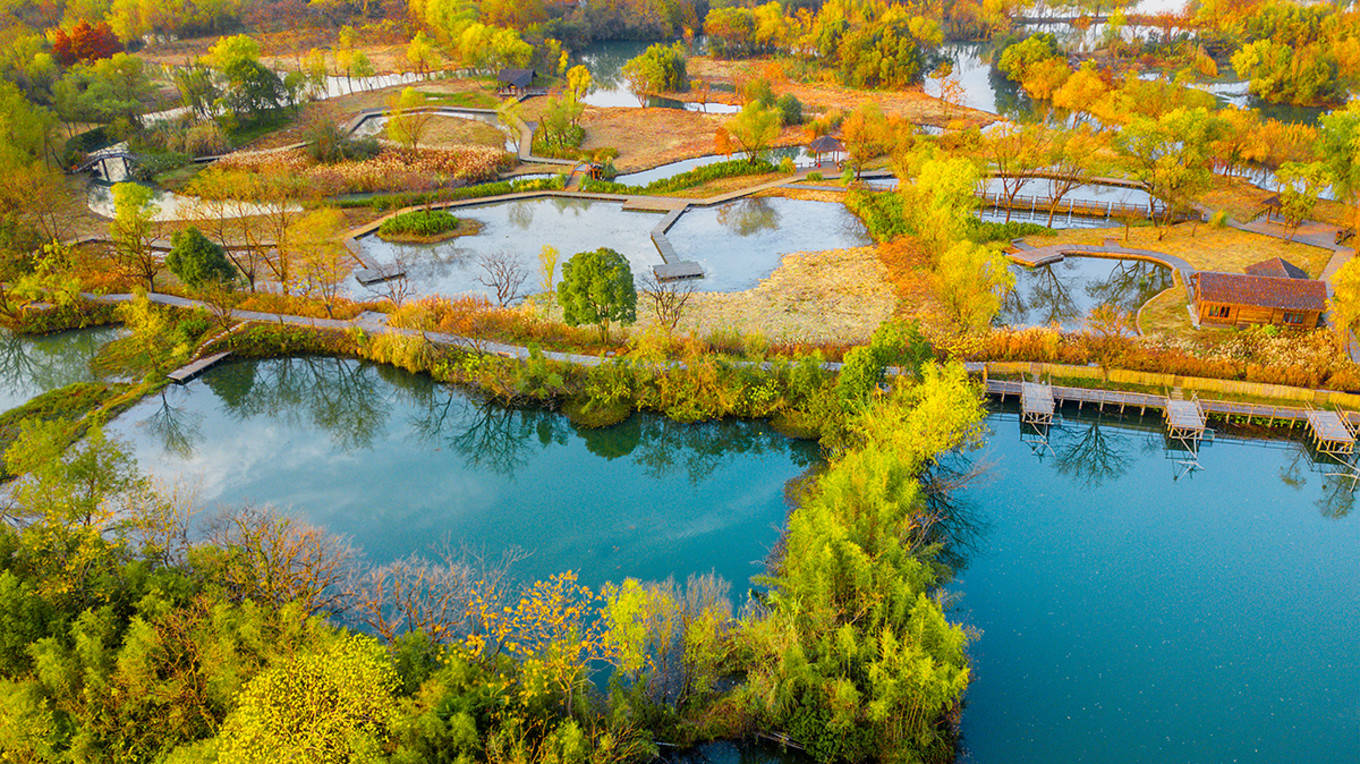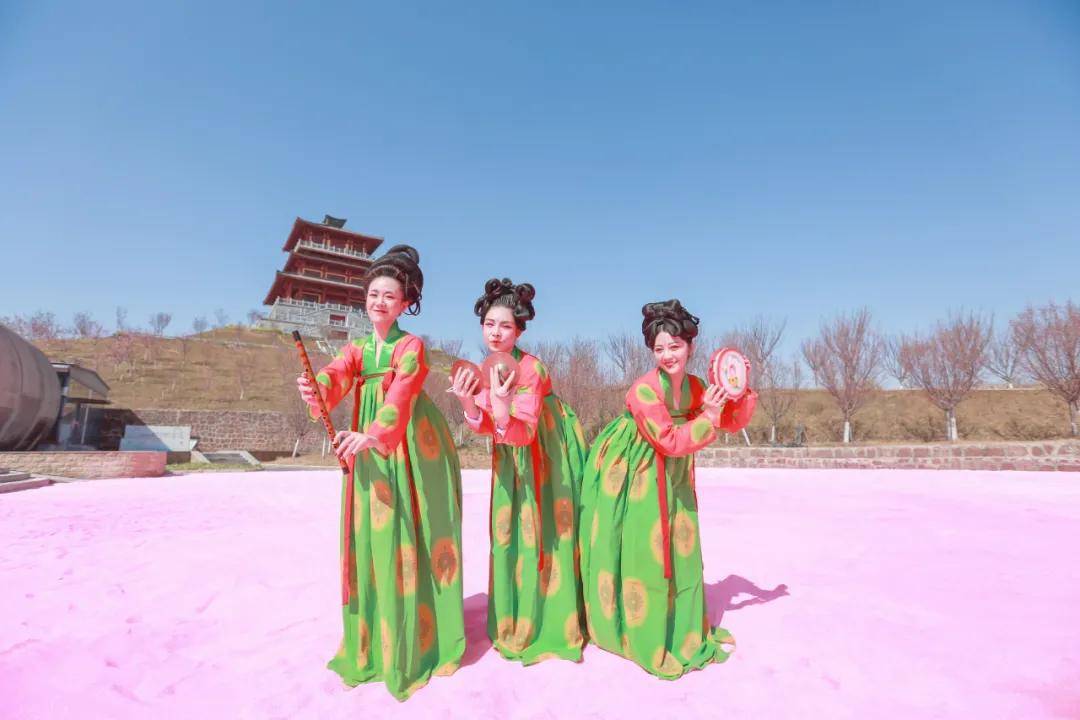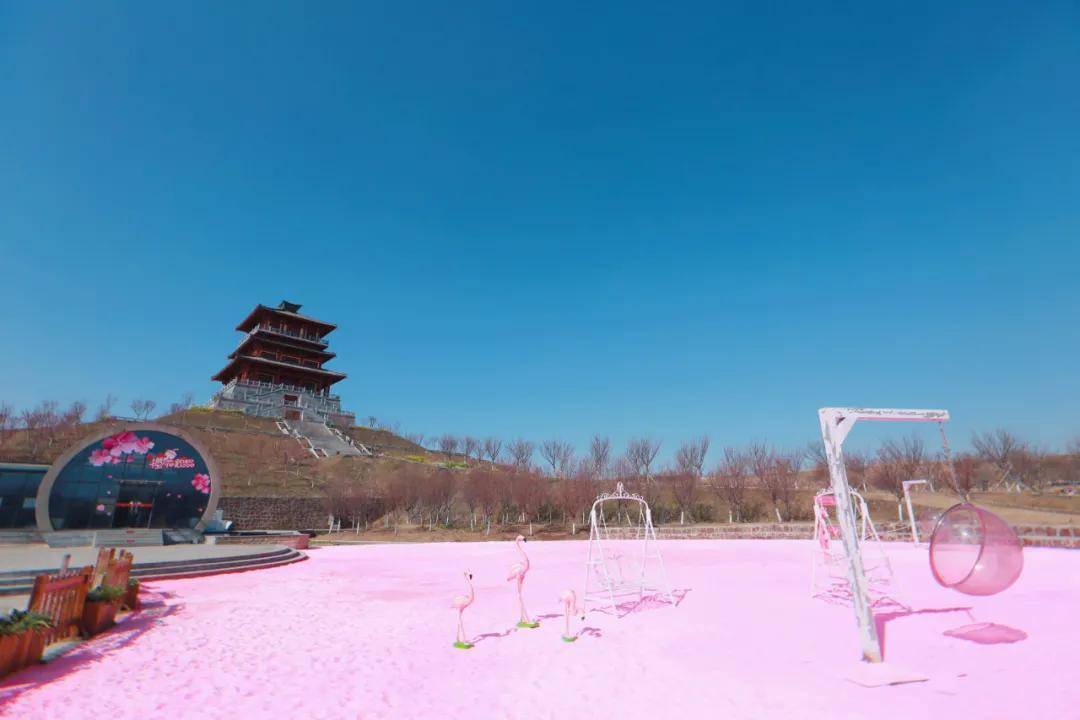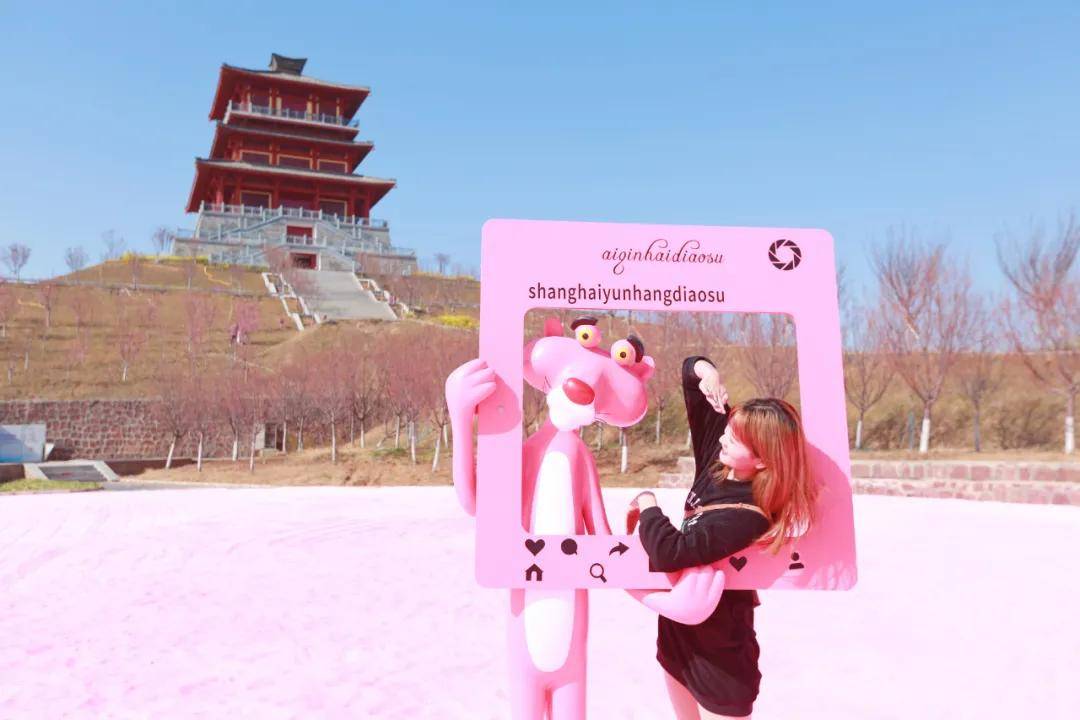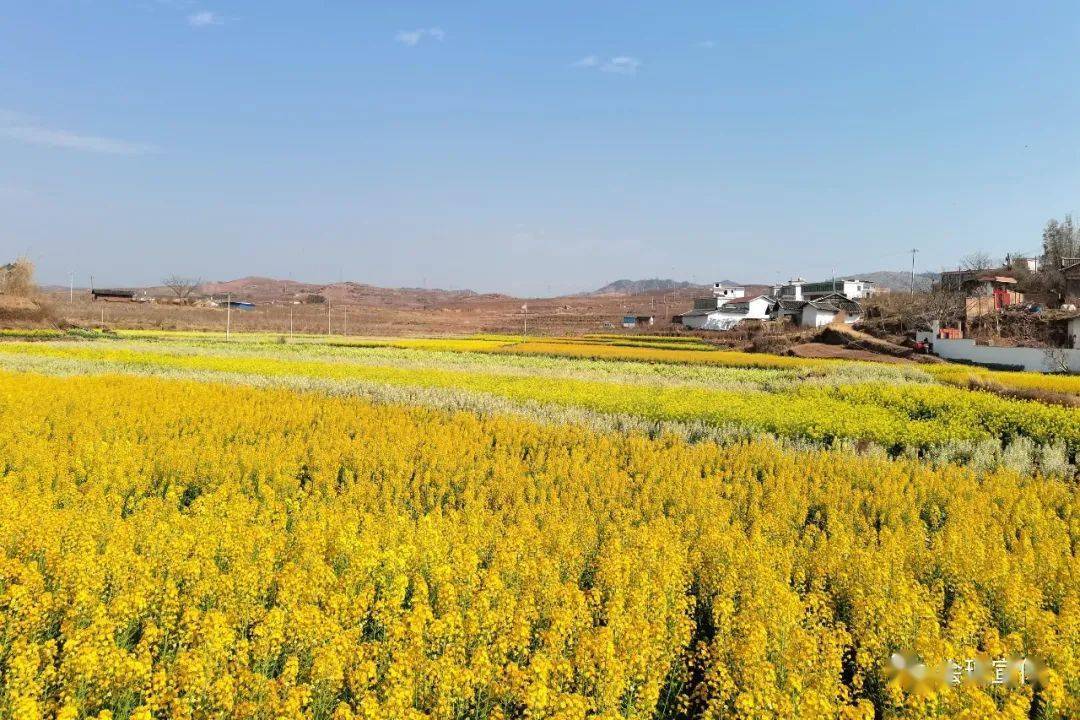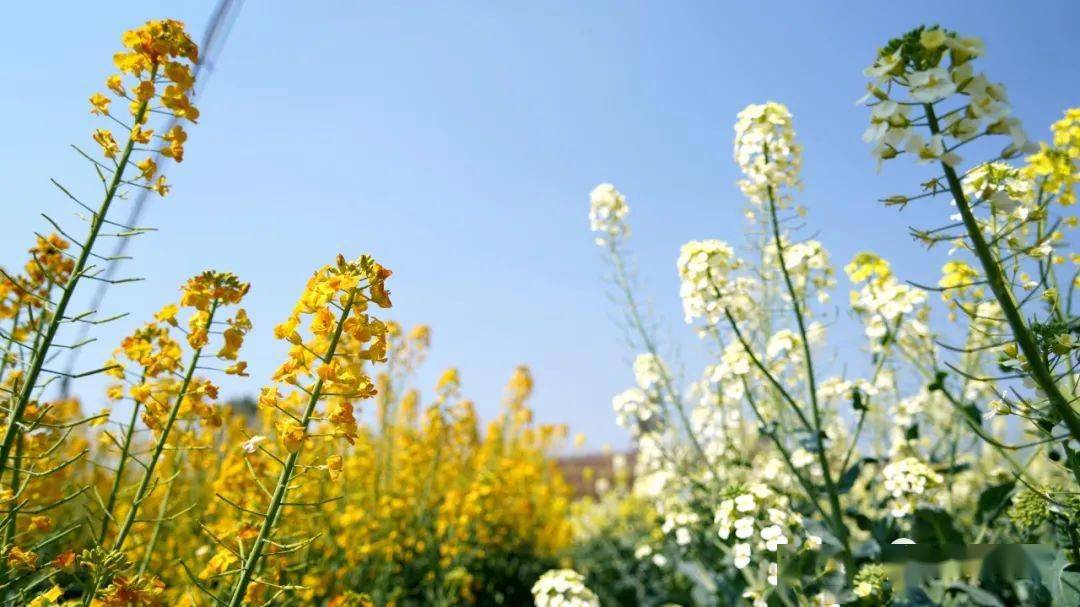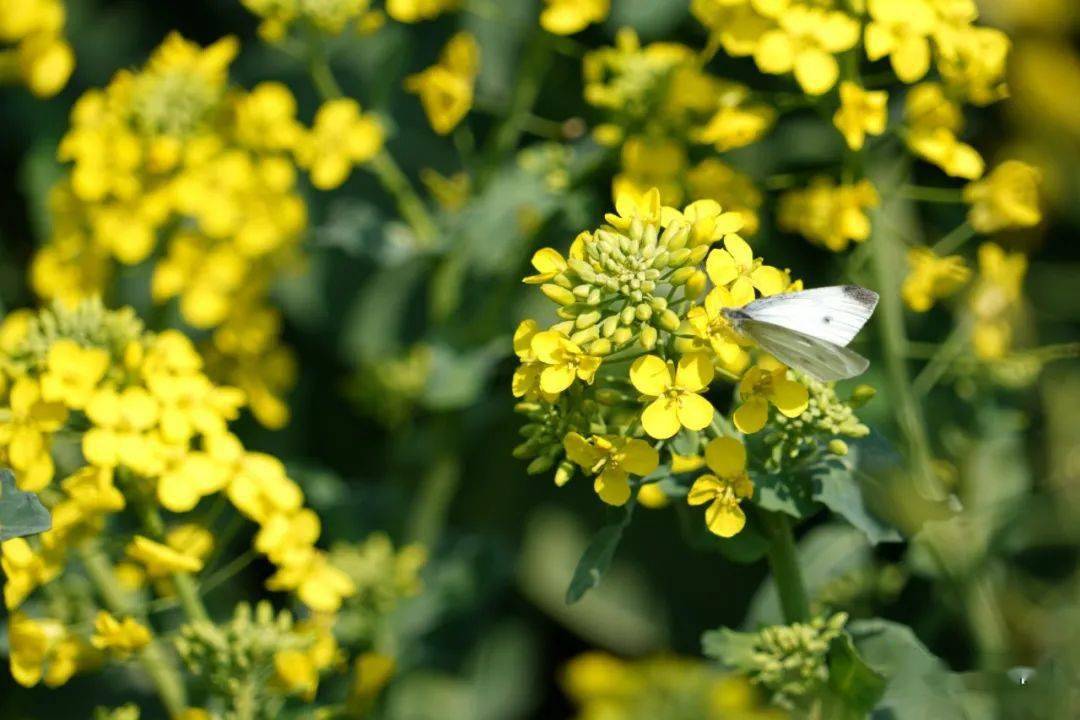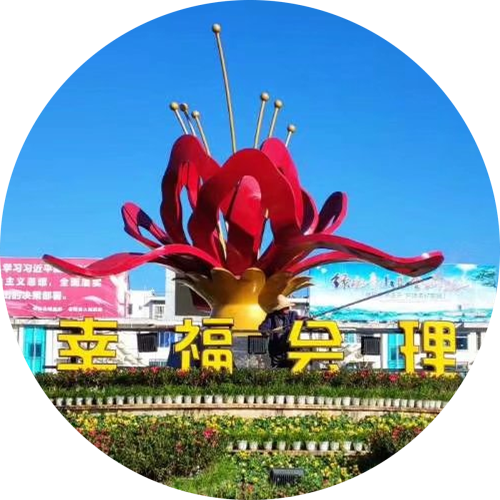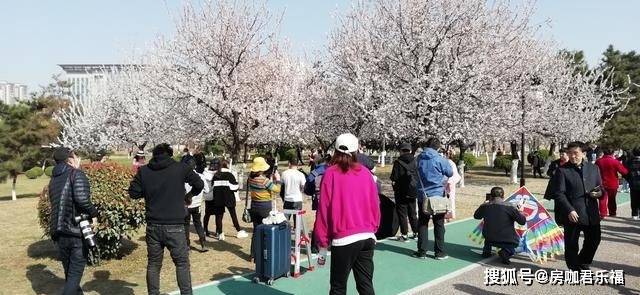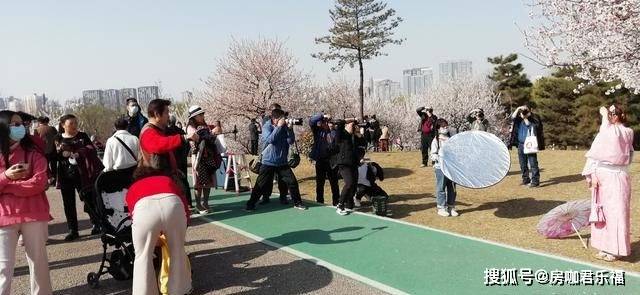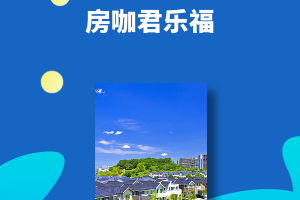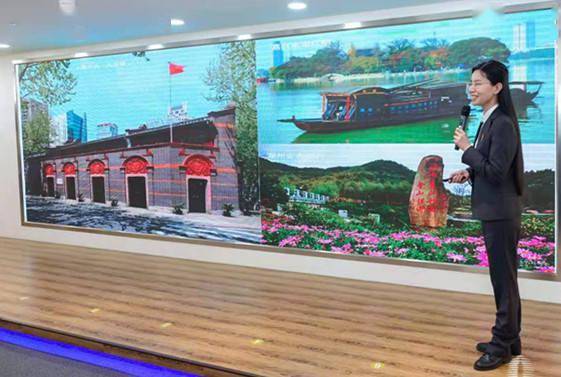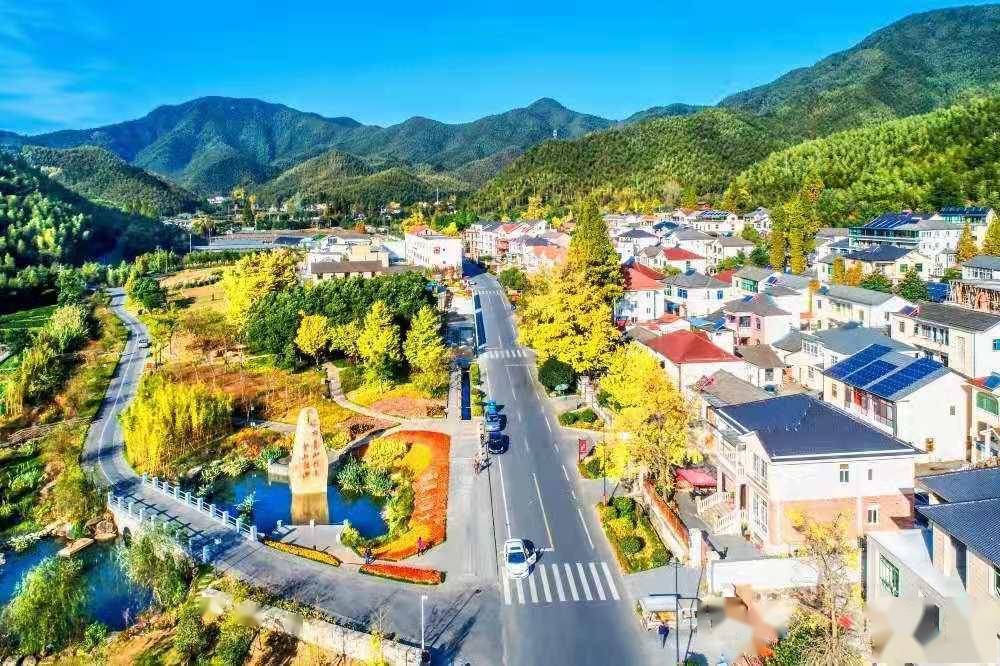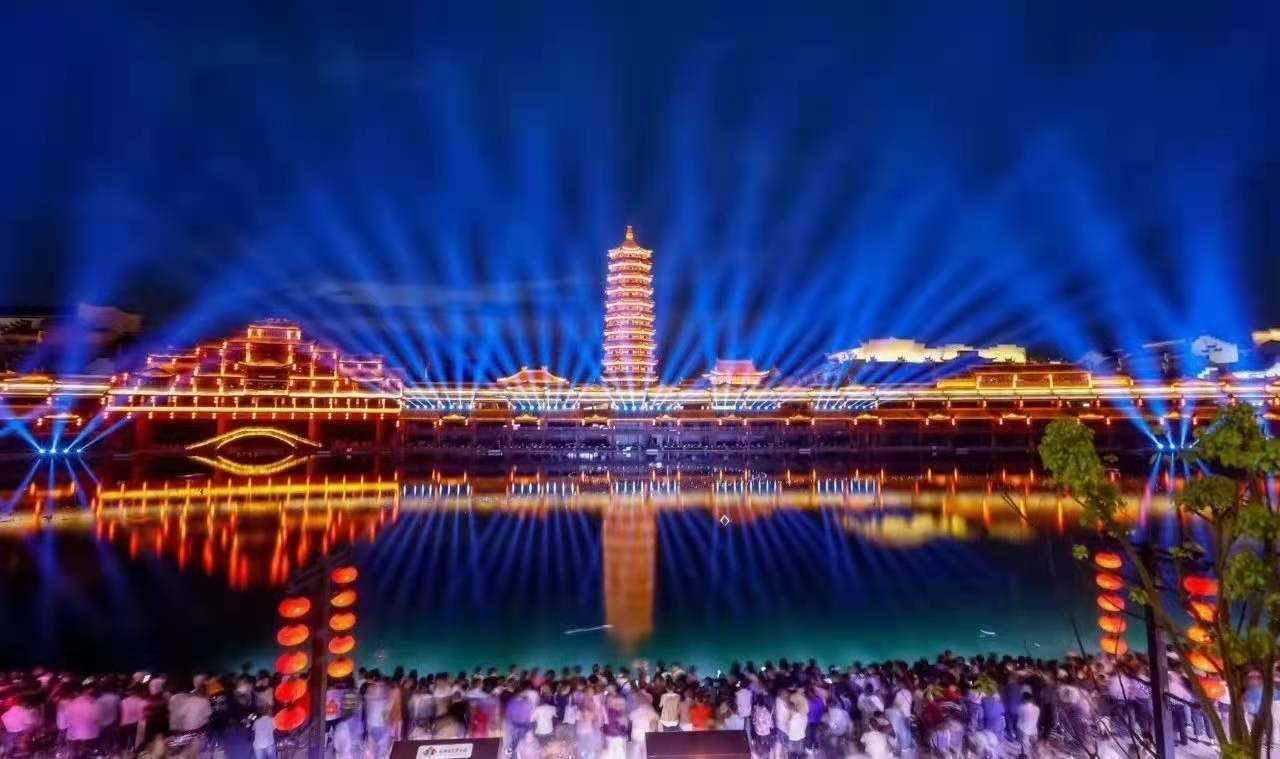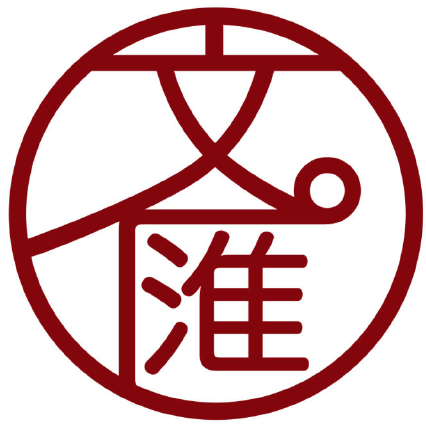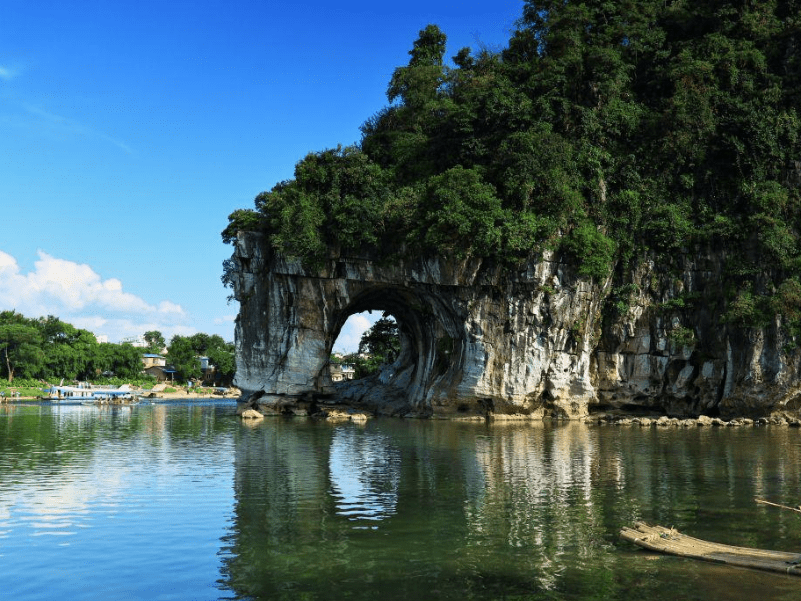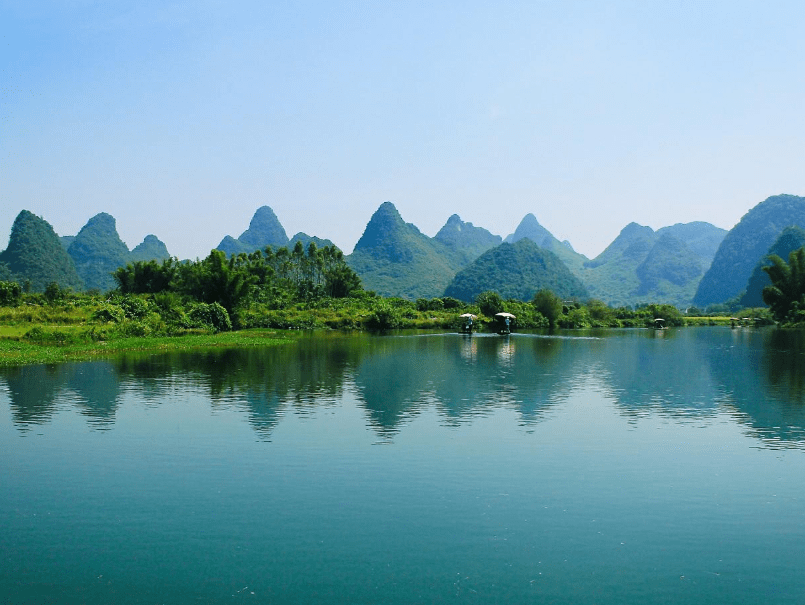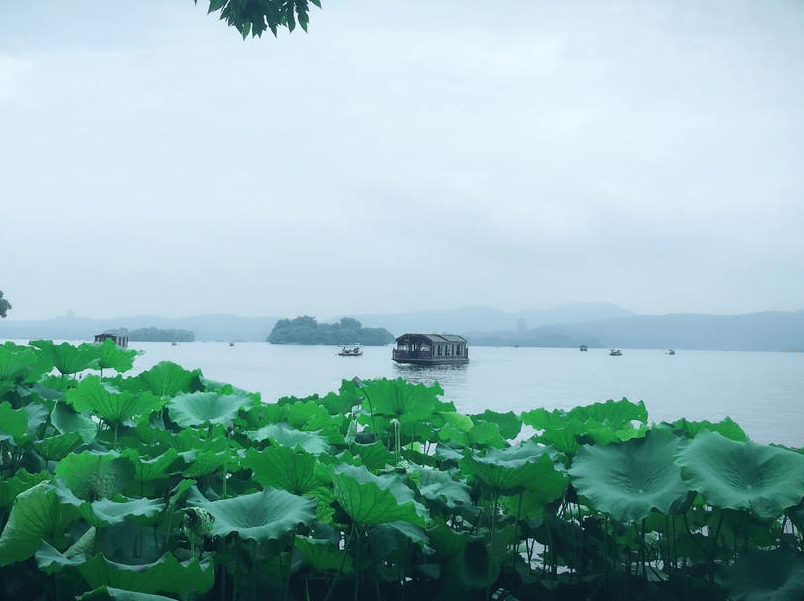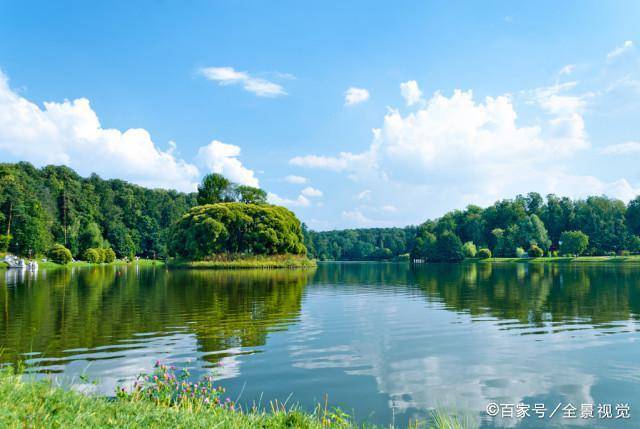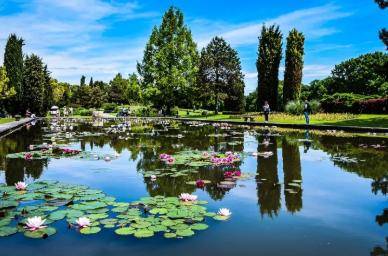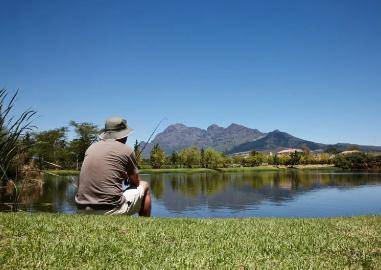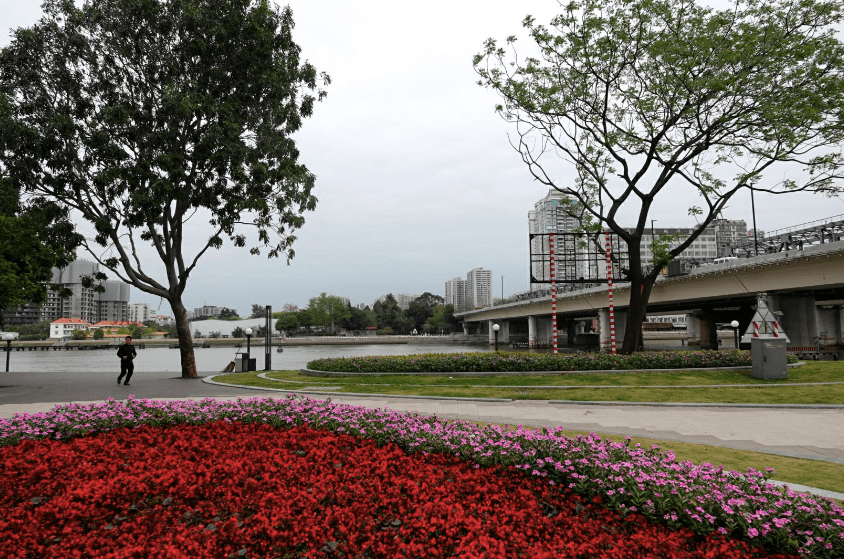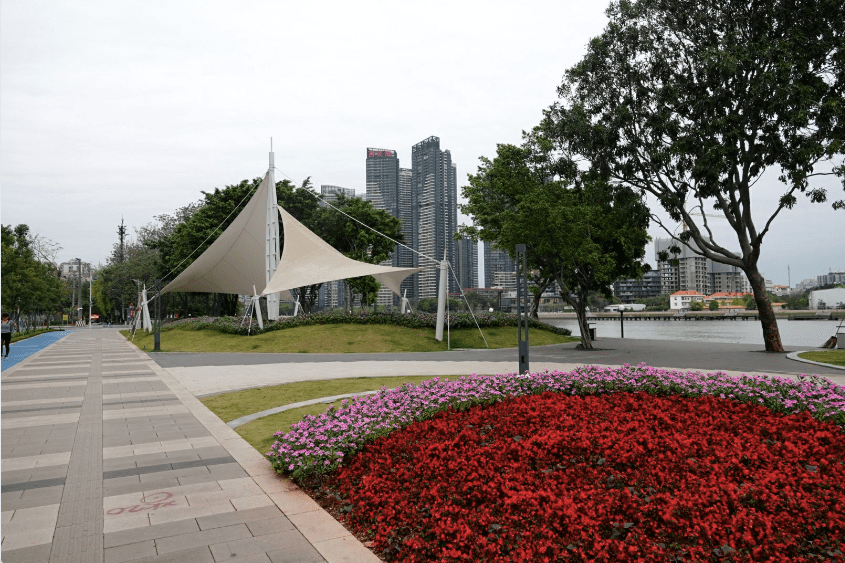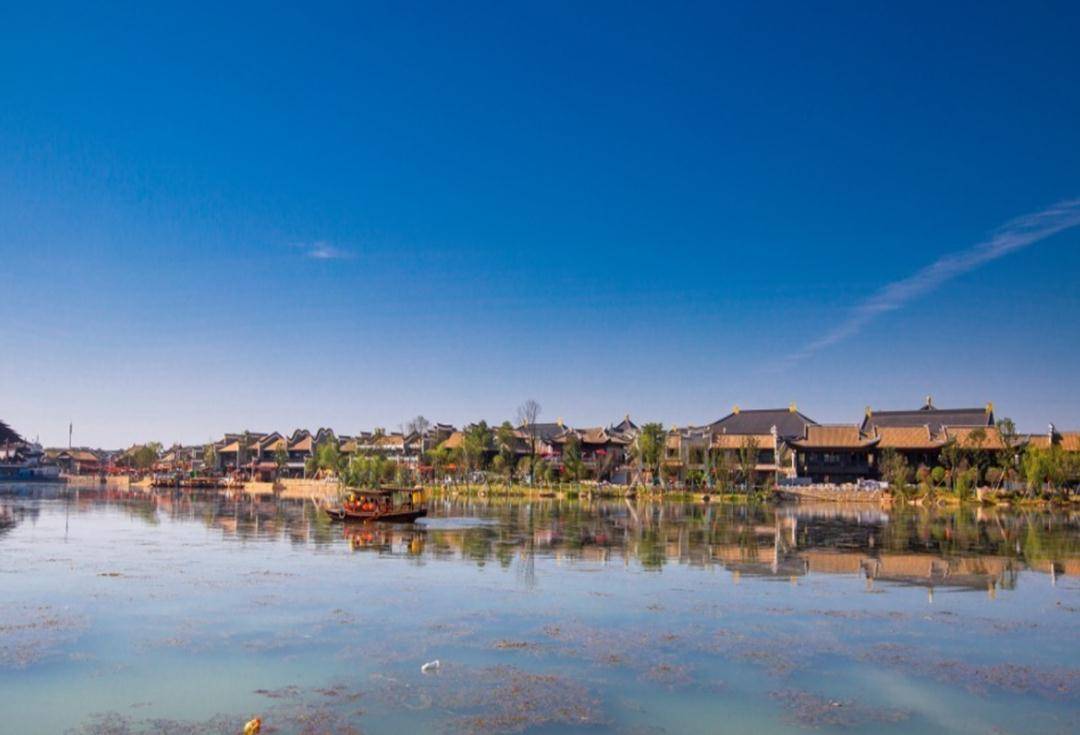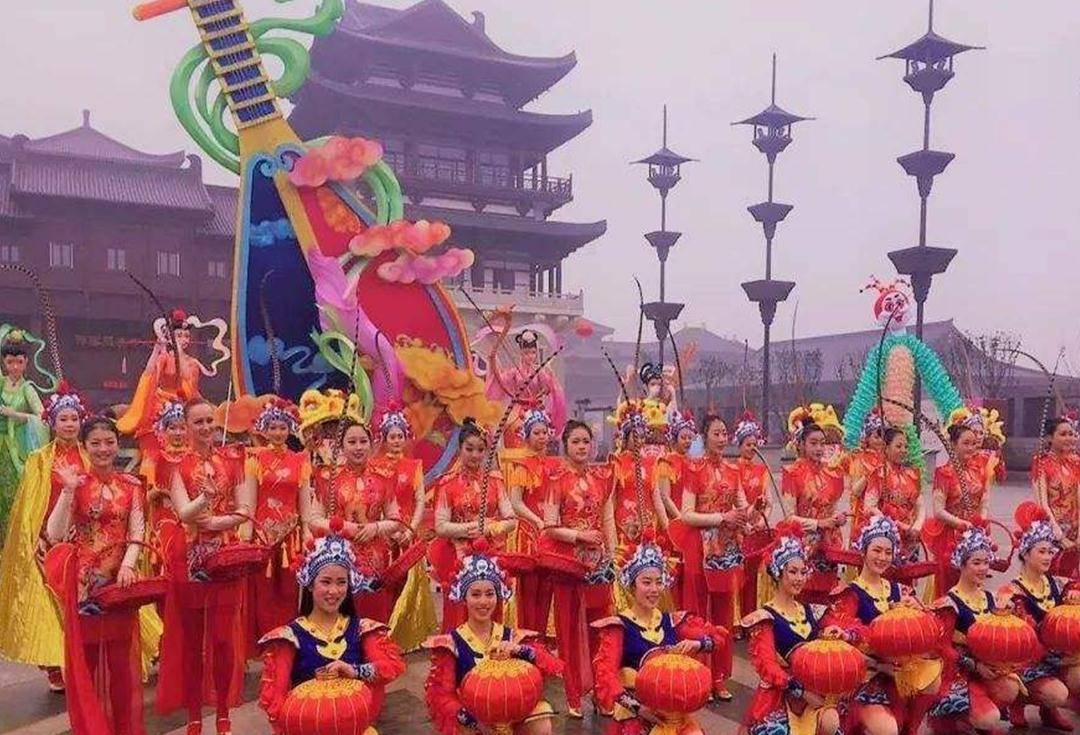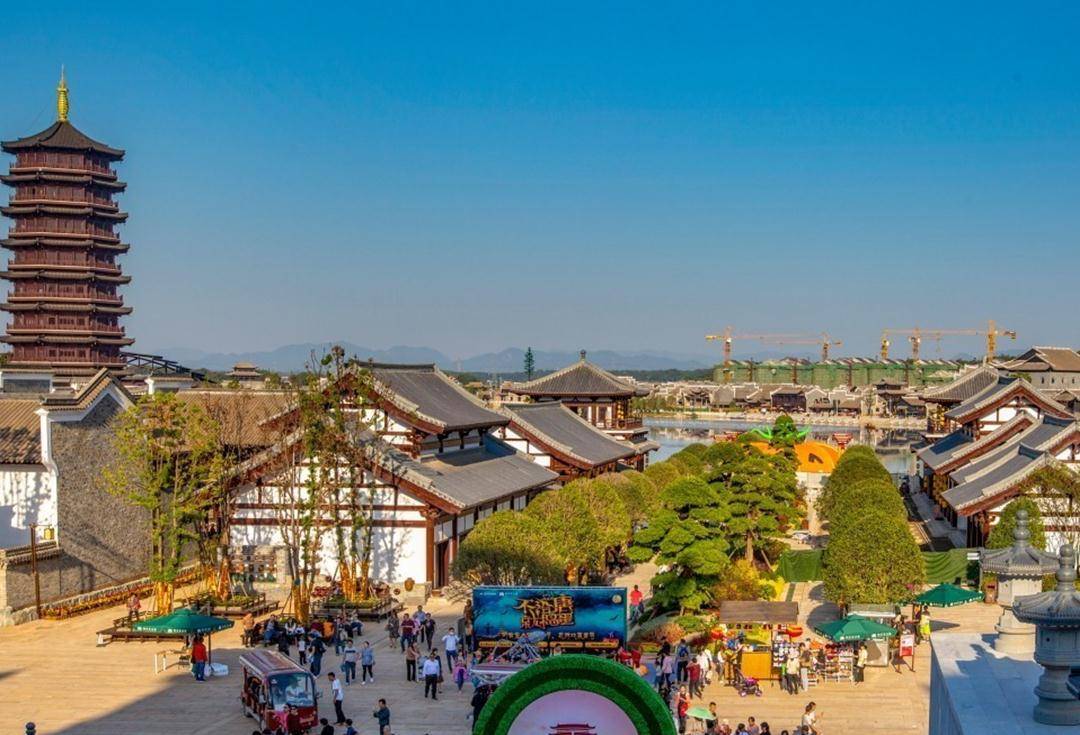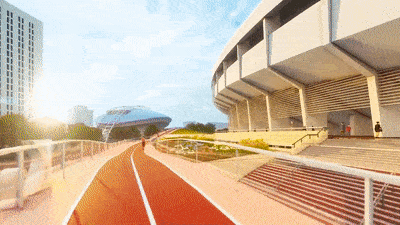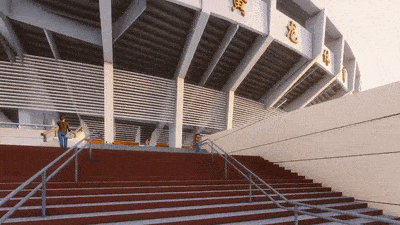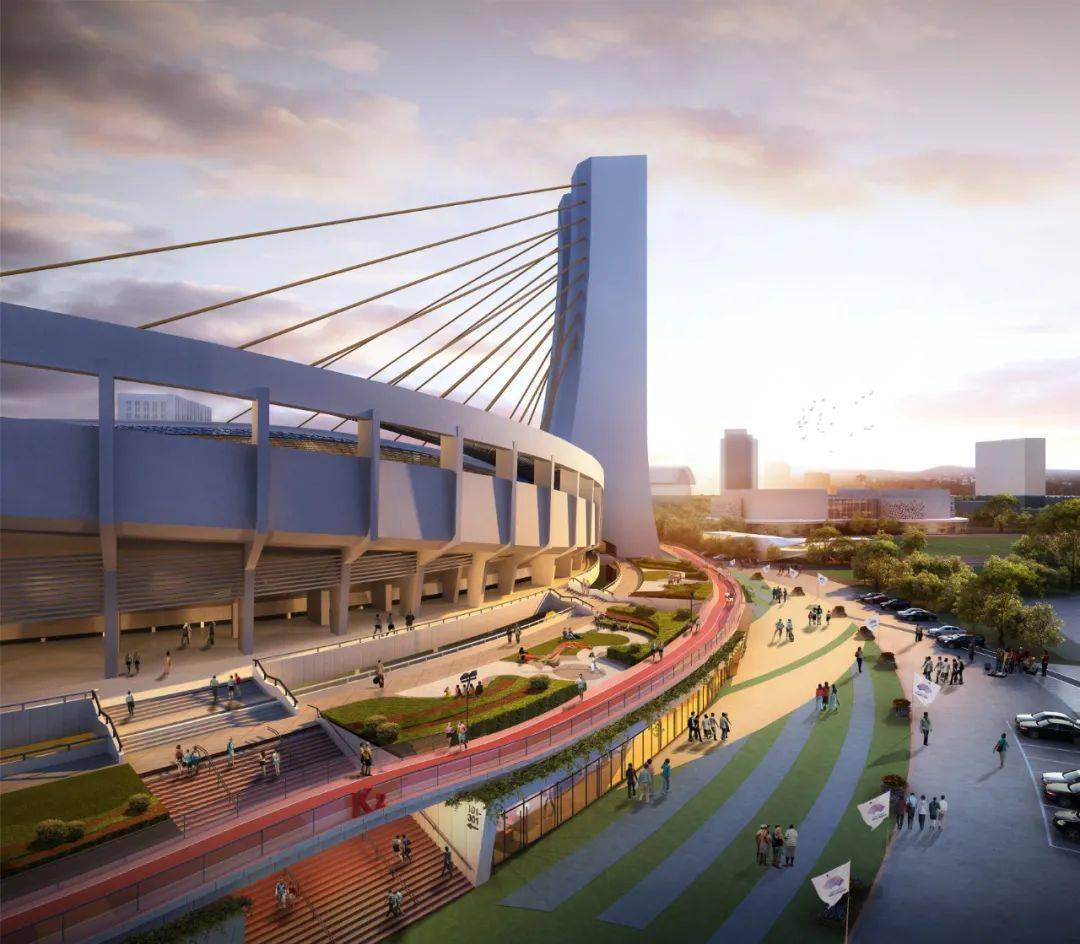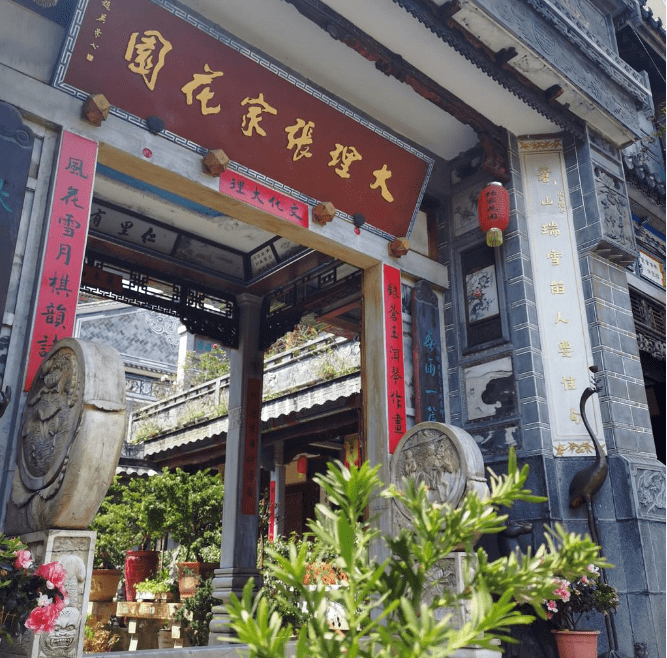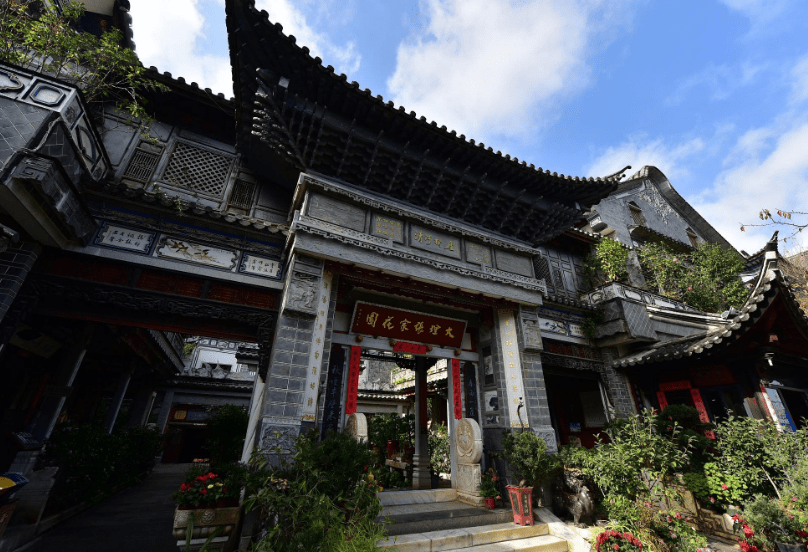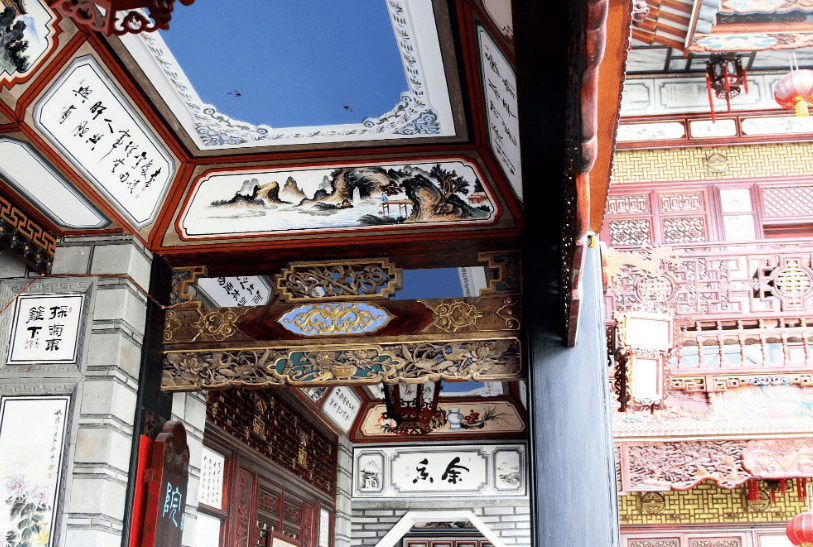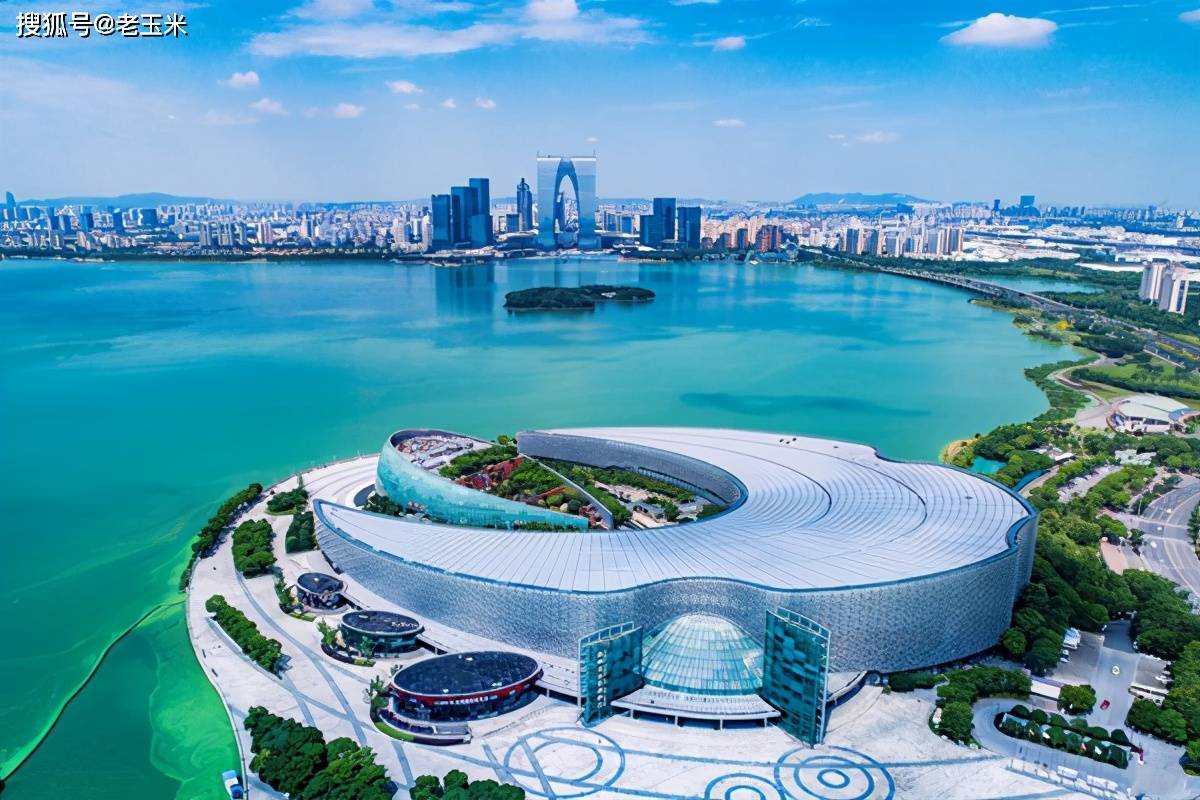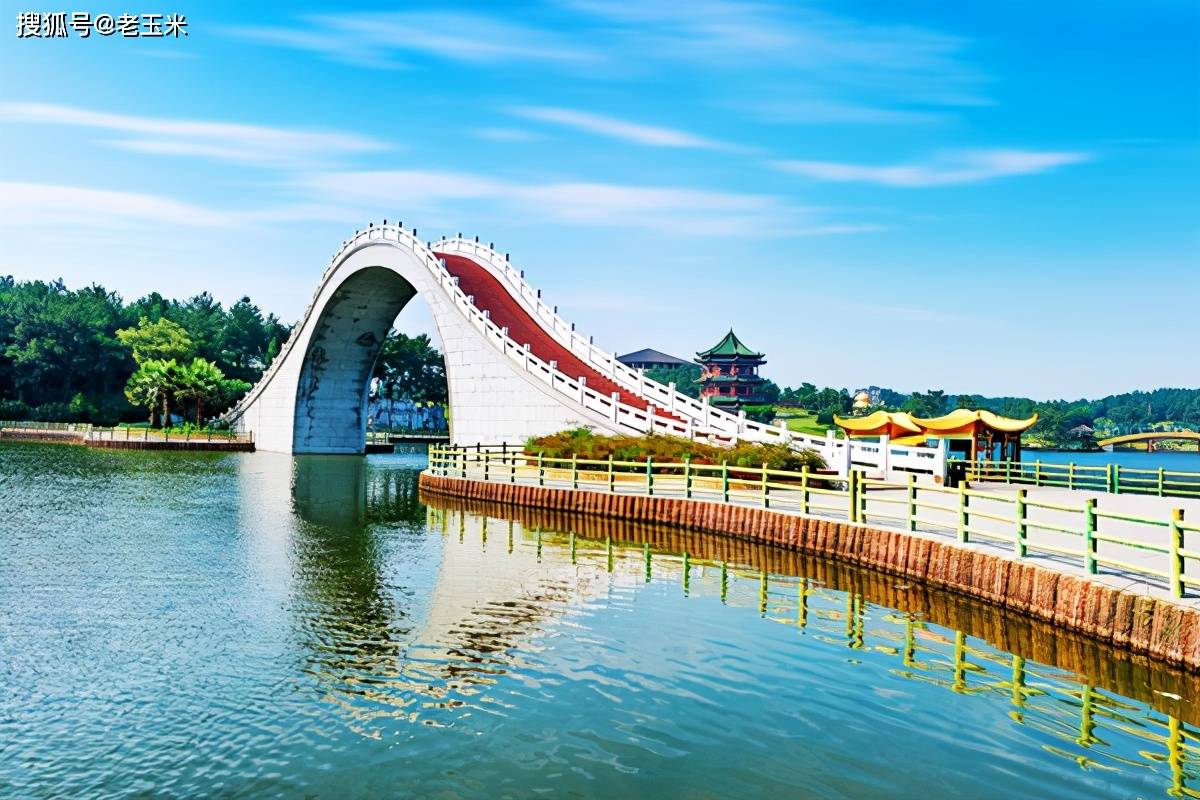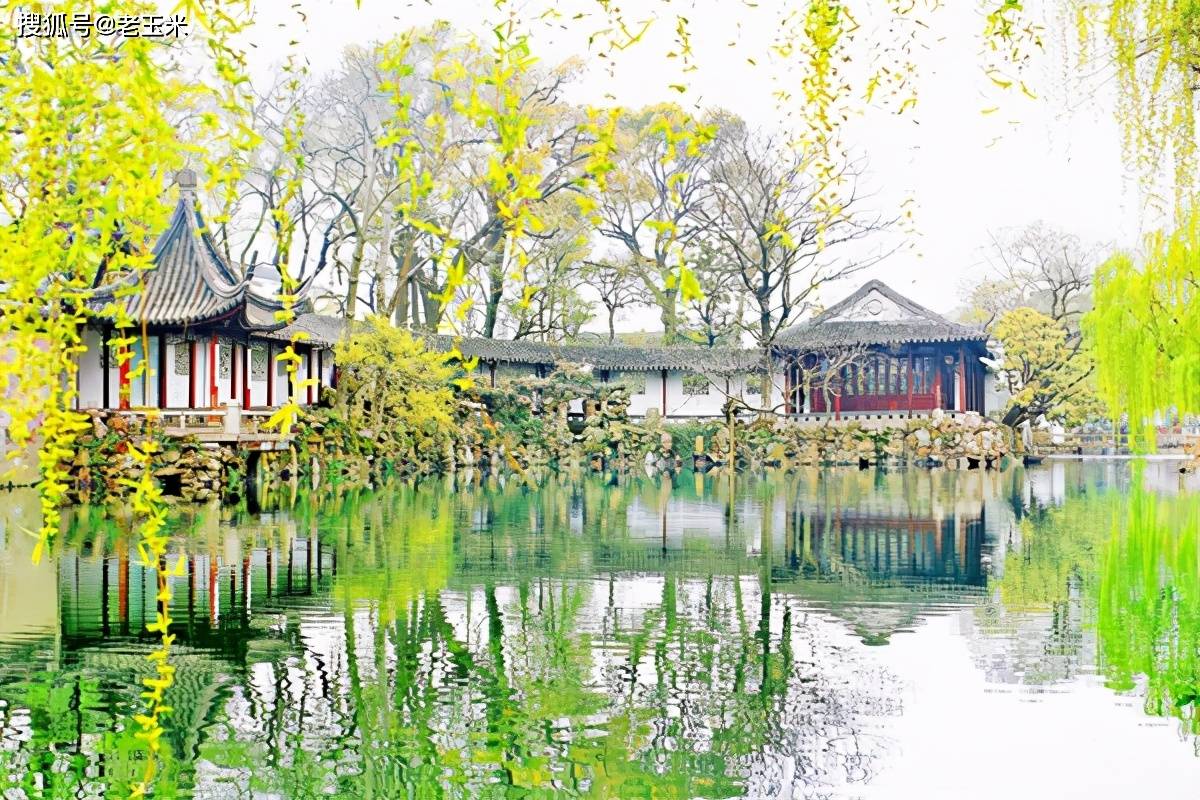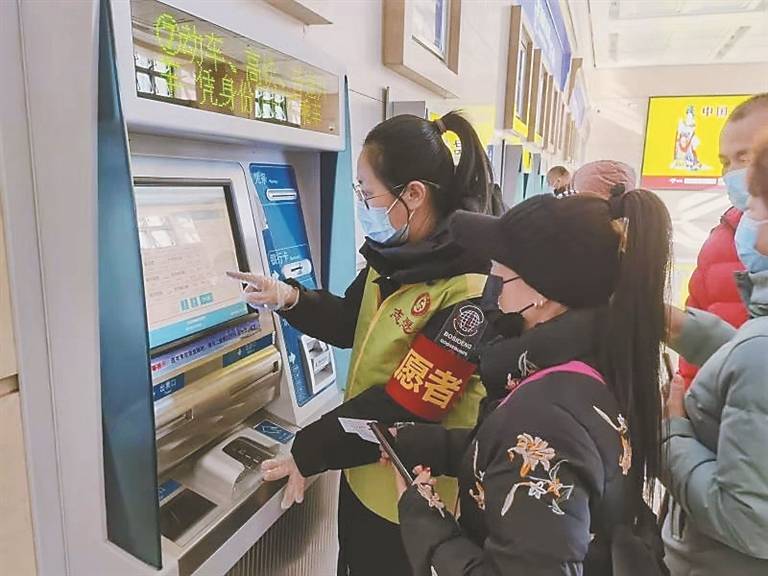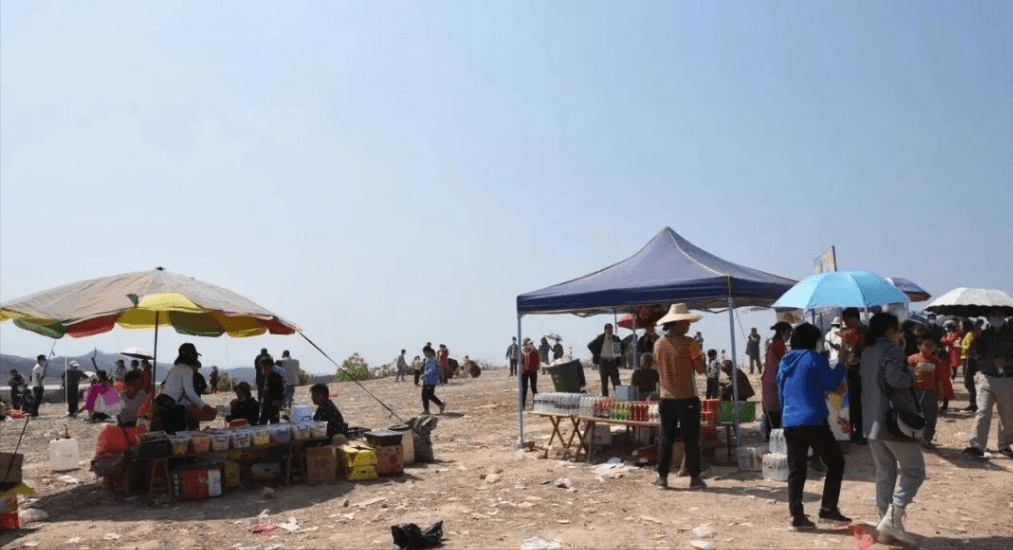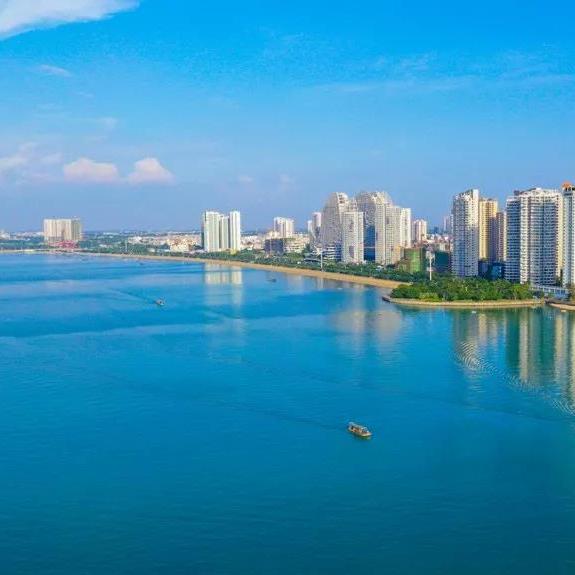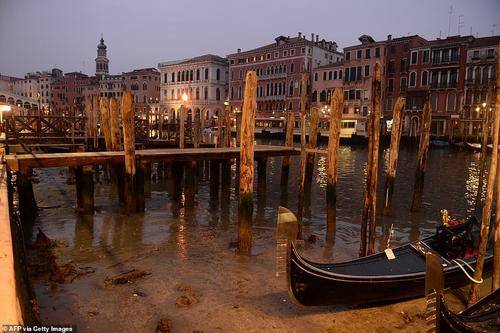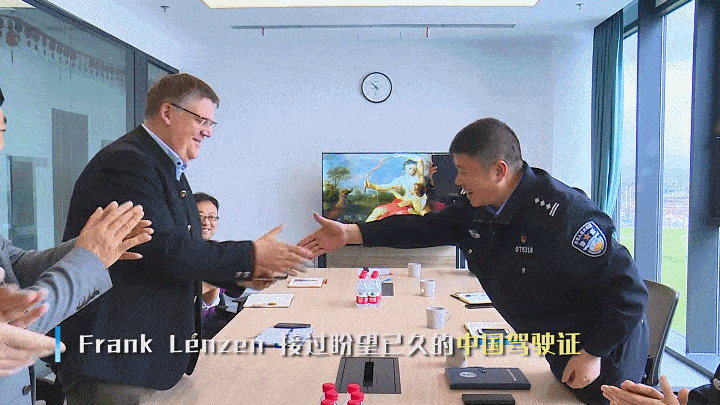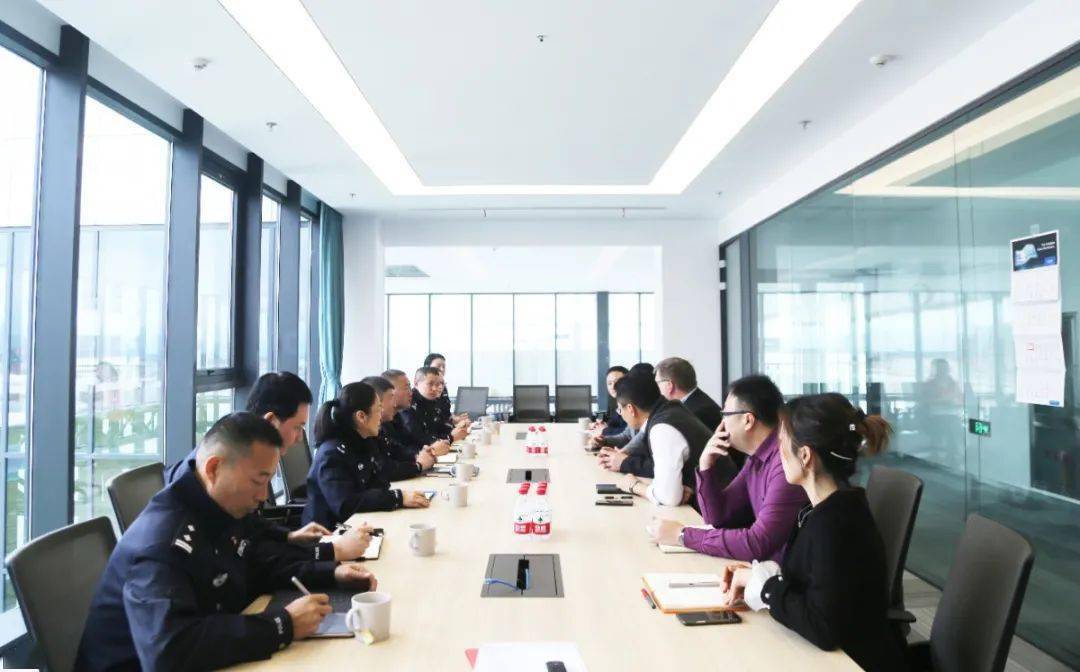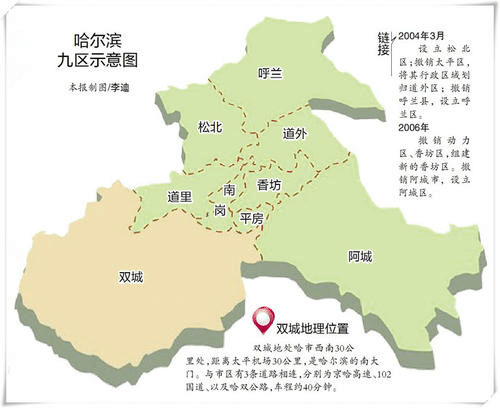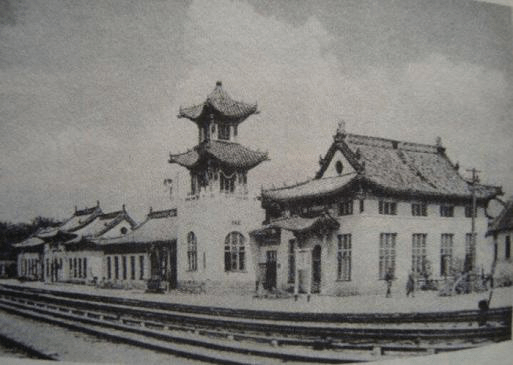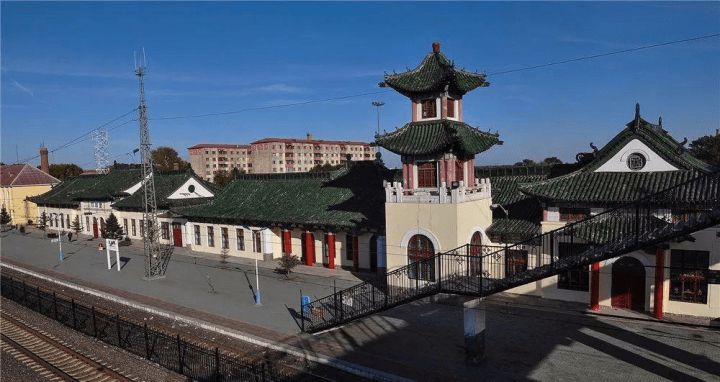内梅斯别墅是一座约200平方米的家庭建筑,位于意大利的山上,俯瞰因佩里亚湾。该建筑由两个半地下的体量组成,排列在一个楼层上,遵循利古里亚梯田的人类景观形态,成为其一部分。现有的场地是由一个梯田环境定义的,其中有一棵成熟的橡树,橄榄树和一条小溪。别墅回应并保留了自然景观,其外立面与利古里亚梯田典型的干石墙融为一体,创造了建筑与周围环境的连续性。
Villa Nemes is a family building of ca.200sqm situated in the hills of Italy overlooking the Gulf of Imperia. The building is composed of two half subterranean volumes arranged on a single floor, following the given morphology of the anthropic landscape of Ligurian terraces and becoming part of it. The existing site was defined by a terraced environment with the strong presence of a mature oak tree, olive trees and a water stream. The villa responds and preserves the natural scenery and its facade blends in with the typical dry stone walls of the Ligurian terraces creating continuity between the building and the surrounding context.
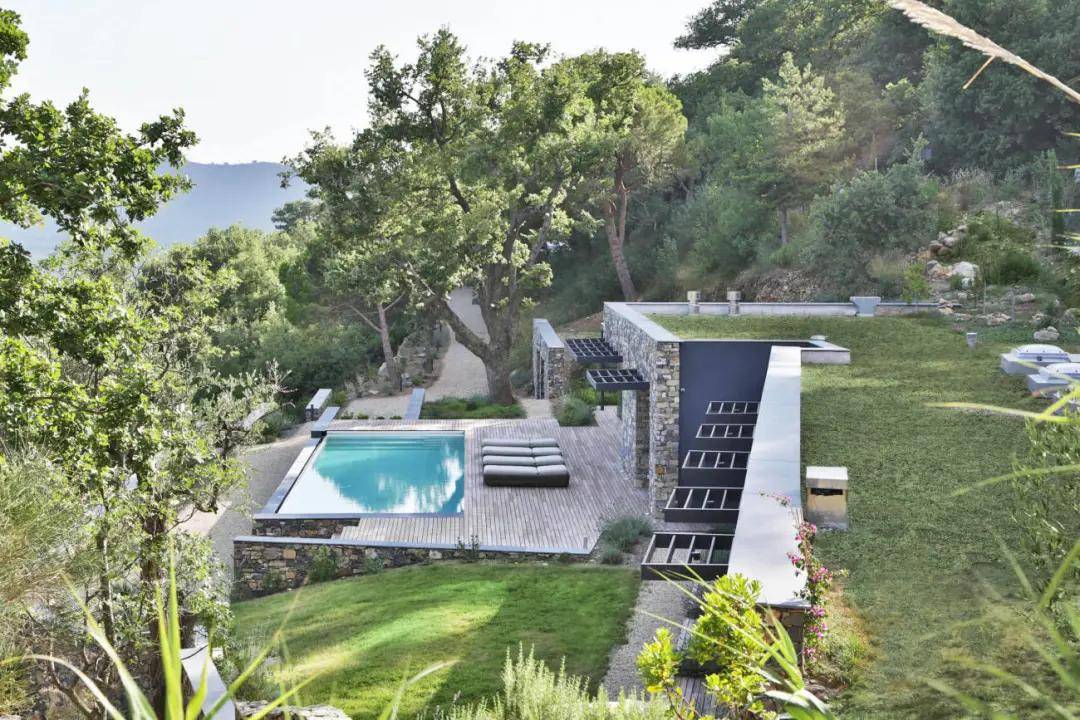
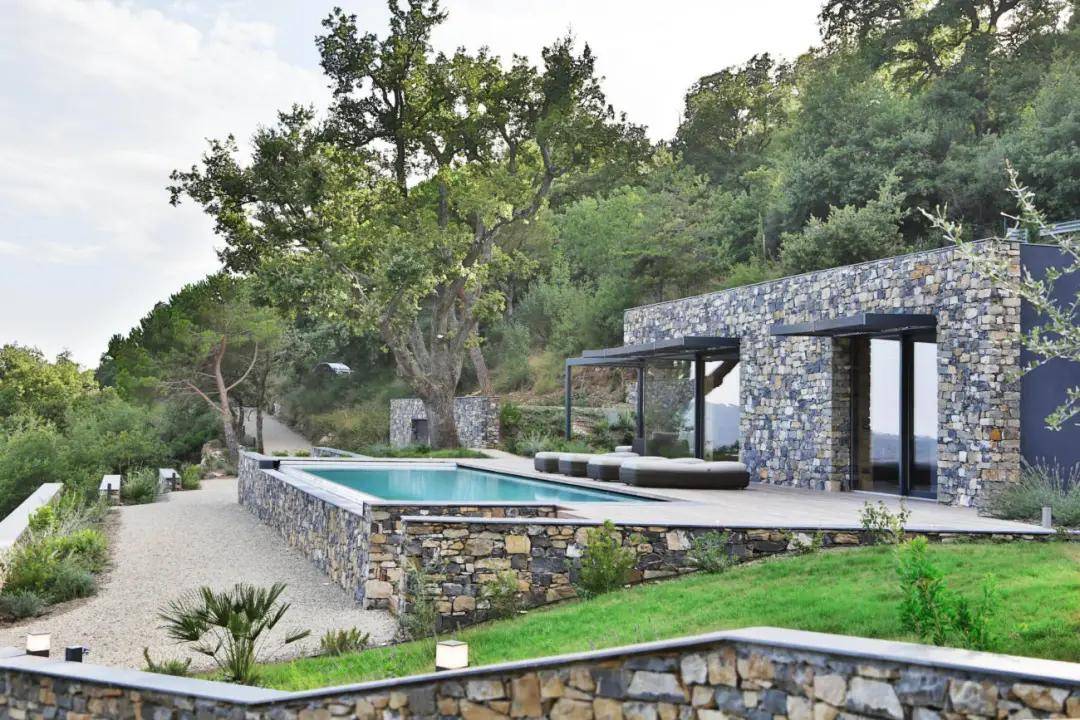
建筑的中央入口定义了一个支点,并在一侧通向宽敞的开放式生活,这是建筑的核心,旨在刺激社交互动。面朝大海的大开口将起居室延伸到外面的宽敞的木质阳光甲板和无边际游泳池。天井区与烧烤和草药花园的房子西边抓住傍晚的阳光,并提供了一个舒适的空间,户外用餐和下午的休息。从天井俯瞰山谷的景色被成熟的橡树所定格,这是在两个外部区域的中心。
The central entrance of the building defines a pivot point and leads on one side to the spacious open plan living, which is the heart of the building and designed to stimulate social interaction. Big openings facing the sea extend the sitting room to the outside onto the generous timber sun deck and infinity swimming pool. A Patio area with barbecue and herb garden to the West of the house catches the evening sun and offers a comfortable space for outside dining and afternoon lounge. Views from the Patio over the valley are framed by the mature oak tree, which is situated in the center of both outsides areas.
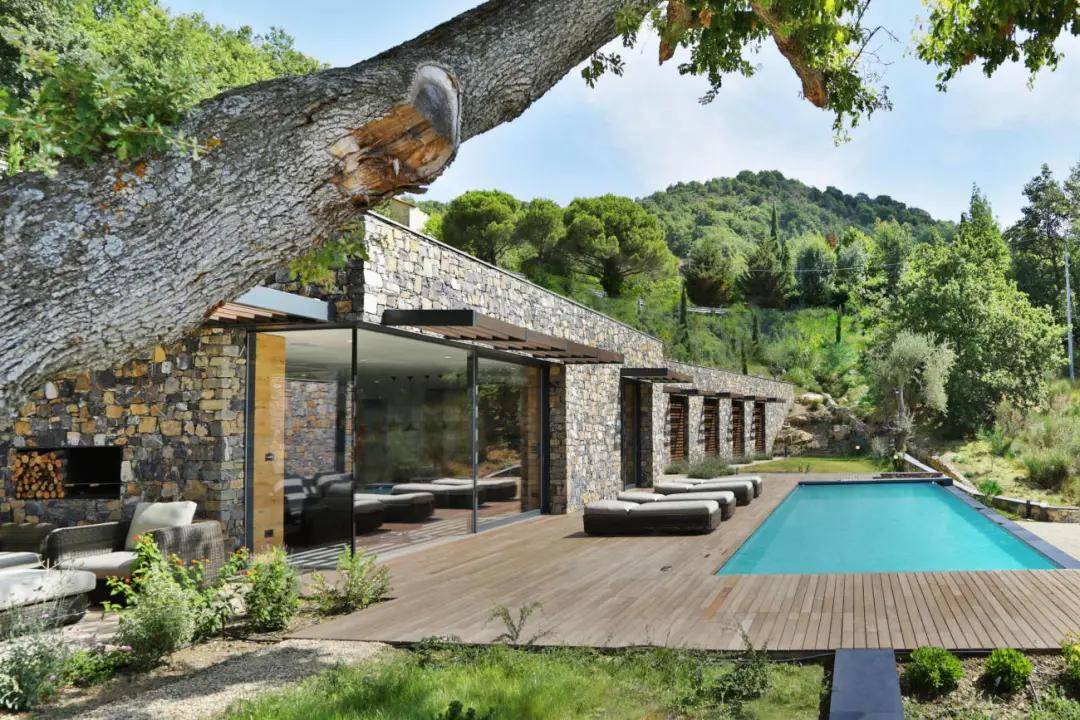
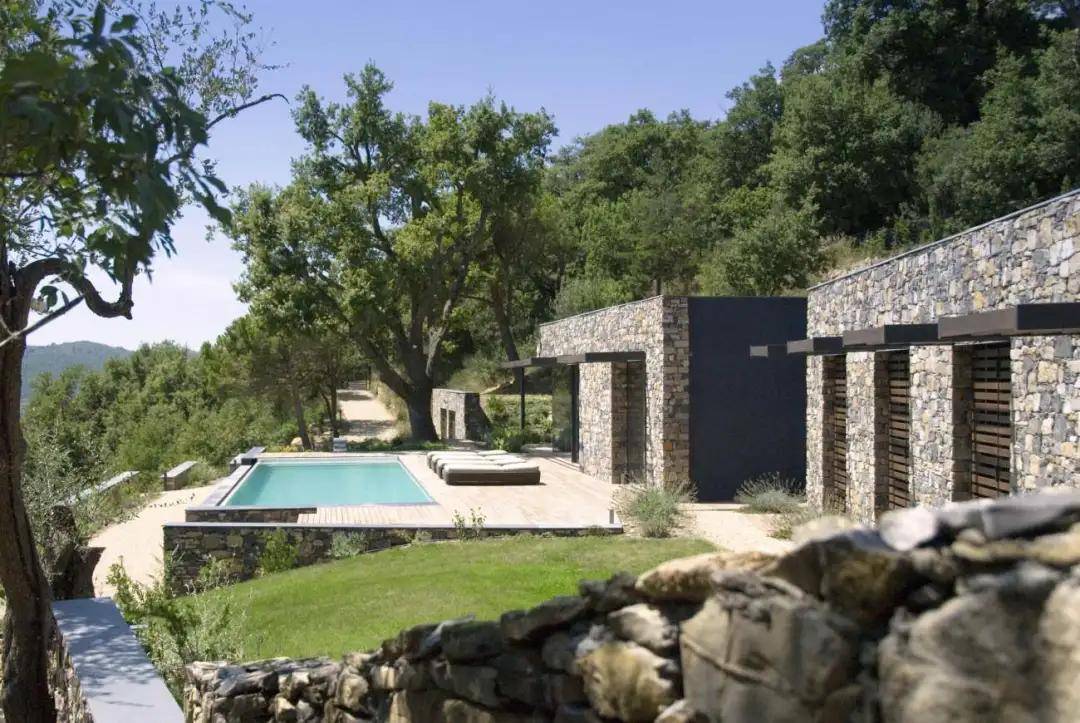
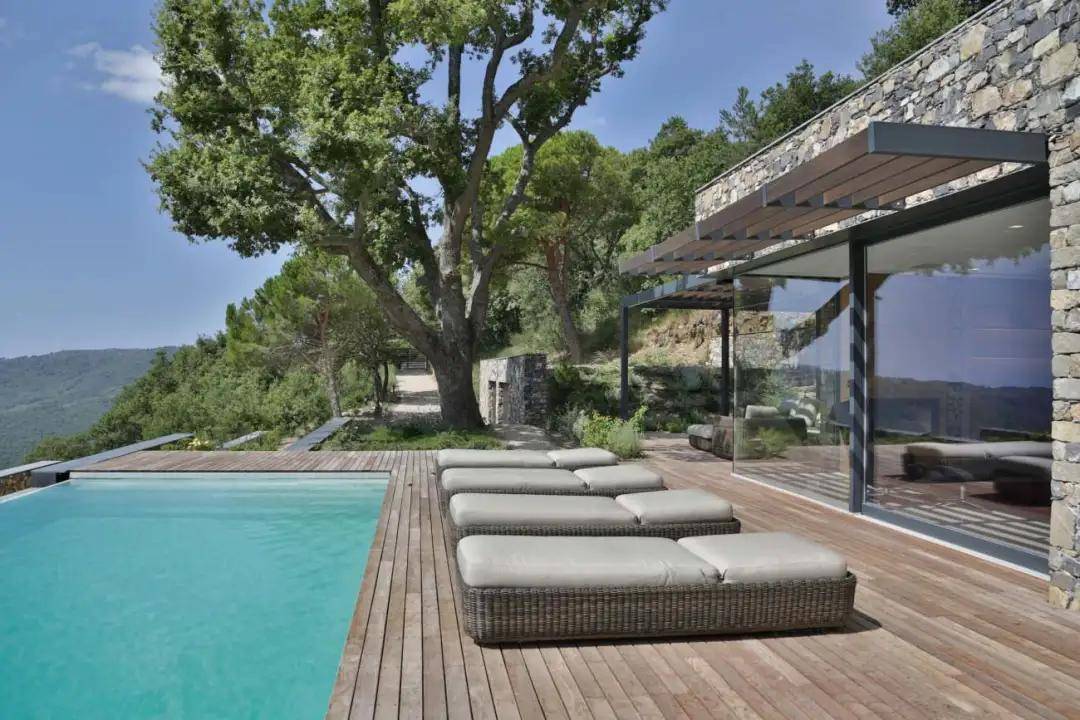
别墅的另一侧是更为私密的睡眠区,有五间重要的双人卧室,每个房间都有独立的外部空间,受益于早晨的阳光并面对现有的水流。服务室设置在山坡上,通过大型可开启的天窗自然采光和通风。别墅的设计是作为一个度假胜地,可容纳10人,并包含一个茶水间,洗衣房,储藏室,技术服务室,外部存储和2个停车位的车库。
To the other side of the villa is the more private sleeping area with five essential double bedrooms and individual outside spaces for each room which benefit from the morning sun and face the existing water stream. The service rooms are set into the hillside and naturally illuminated and ventilated by large openable skylights. The Villa is designed as a holiday retreat and can host up to 10 people and incorporates a pantry, laundry, storage rooms, technical service rooms, external storage and a garage with 2 parking spaces.
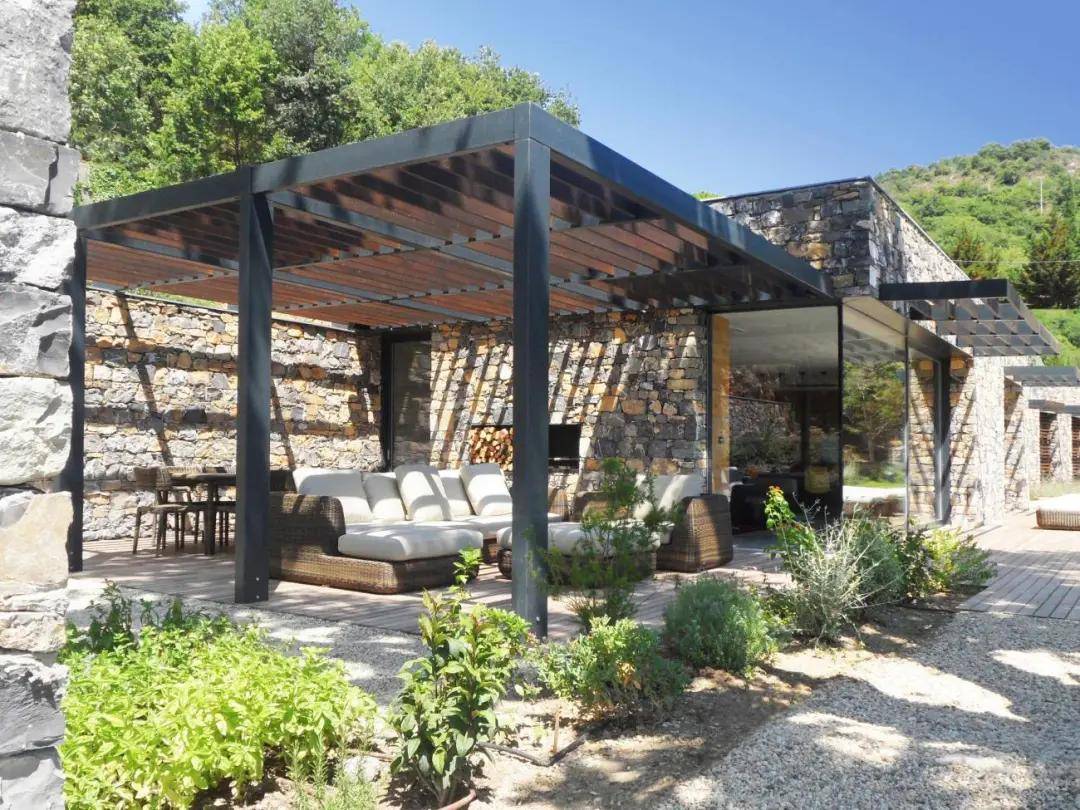
与大自然的结合,提供令人印象深刻的山谷和大海的景色,并向着太阳展示是设计和安排空间的关键因素。绿色的屋顶有助于景观的连续性,并最大限度地减少建筑的视觉冲击。别墅被地中海的精华所包围,通过使用碎石和木材表面的组合,最大限度地提高了地形的通透性。天然资源、现场材料和当地工艺被用来定义一个环境可持续的设计。
The conjunction with the nature offering impressive views over the valley and sea and the exposition towards the sun were key elements for the design and the arrangement of the spaces. The green roof contributes to the continuity of the landscape and minimizes the visual impact of the building. The villa is surrounded by Mediterranean essences and the permeability of the terrain is maximized by using a combination of gravel and timber surfaces. Natural sources, materials from site and local craftsmanship were used to define an environmentally sustainable design.
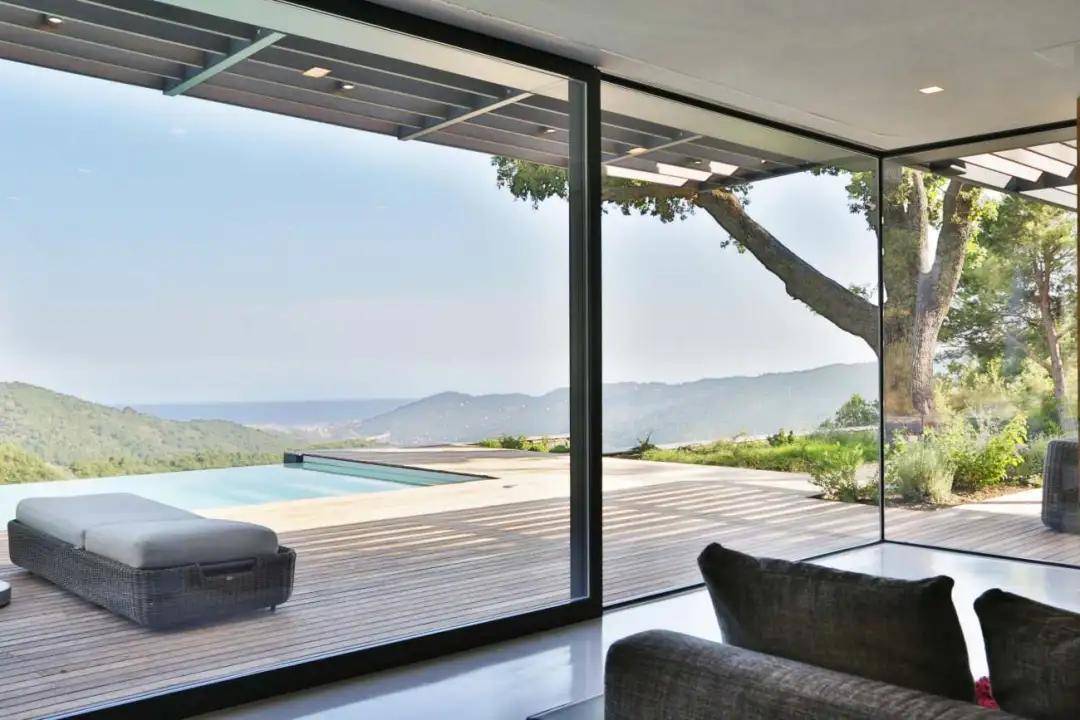
传统的外立面由从现场挖掘出来的天然石材组成,结合创新的排水、通风和保温系统。从地面到天花板的大开口,具有高热性能,最大限度地提高了视野和自然光,强调从室内到室外的过渡。隐蔽的窗框嵌入地板和天花板,以及外部石材包层和内部衬里。花园天井和遮阳蓬作为室内和室外的中间过滤器。
The traditional facade is composed by natural stone retrieved from excavation on site, combined with an innovative system of draining, ventilation and insulation. Large floor to ceiling high openings with high thermal performance maximize views and natural light emphasizing the transition from inside to outside. The hidden window frames are embedded into the floor and ceiling, as well as into the external stone cladding and internal lining. The garden patio and the sun shading canopies act as a mediating filter between inside and outside.
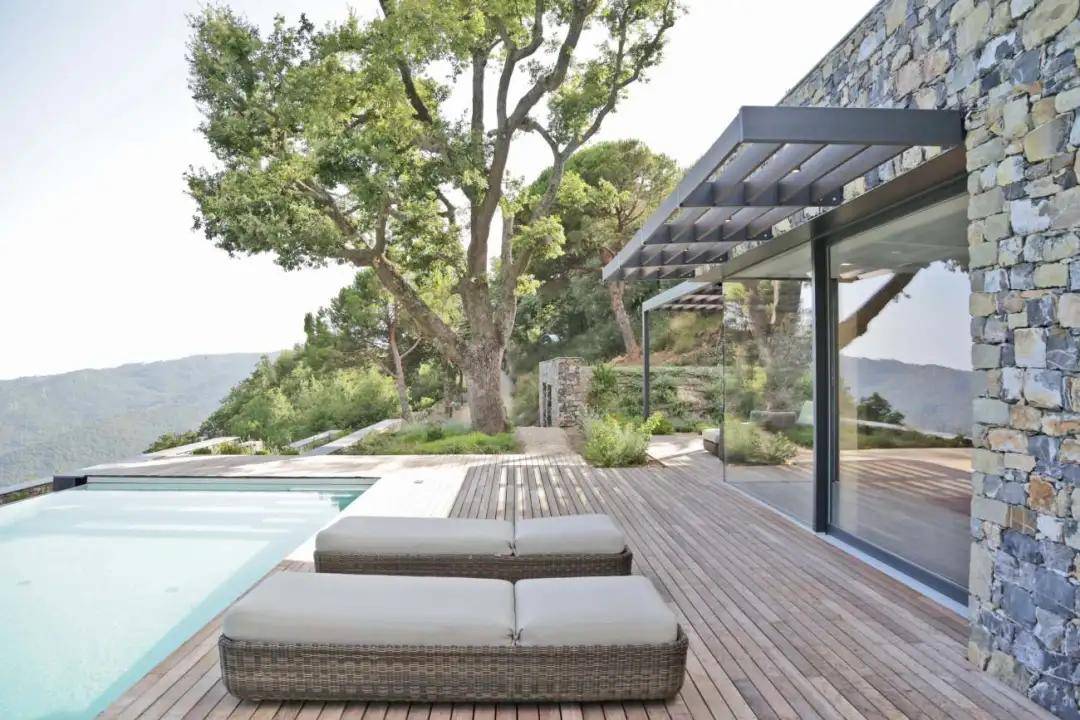
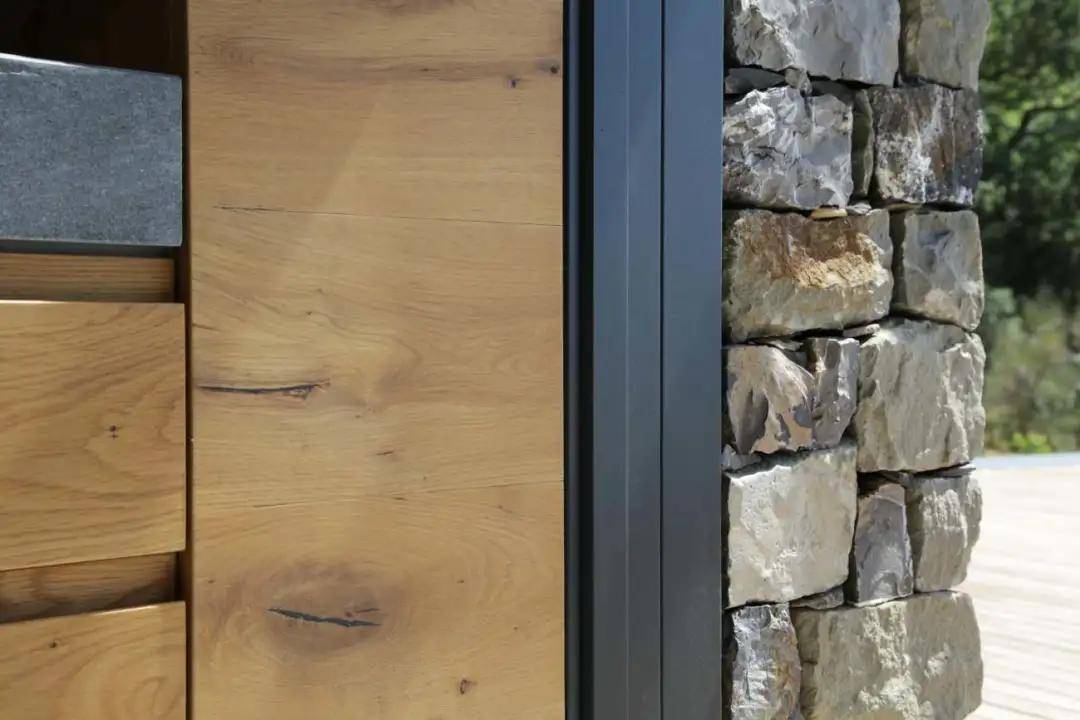
在起居室里,6米长的大转角窗延续了1.5米,成为了房子最重要的点之一。巨大的透明度强调了一年四季变化的不同自然风光。在晚上,外部的照明突出了石墙的材质,创造了一种轰动的气氛。项目的关键元素是与众不同的,突出了橡树、游泳池和带室外壁炉的庭院休息室。
In the living room, the large corner window of six meters which continues for another one and a half meters becomes one of the most significant points of the house. The great transparency emphasizes the diverse scenery of the nature which evolves over the seasons of the year. In the evening external lighting accentuates the materiality of the stone walls creating a sensational atmosphere. Key elements of the project are distinguished, highlighting the oak tree, the pool and the patio lounge with the outside fireplace.
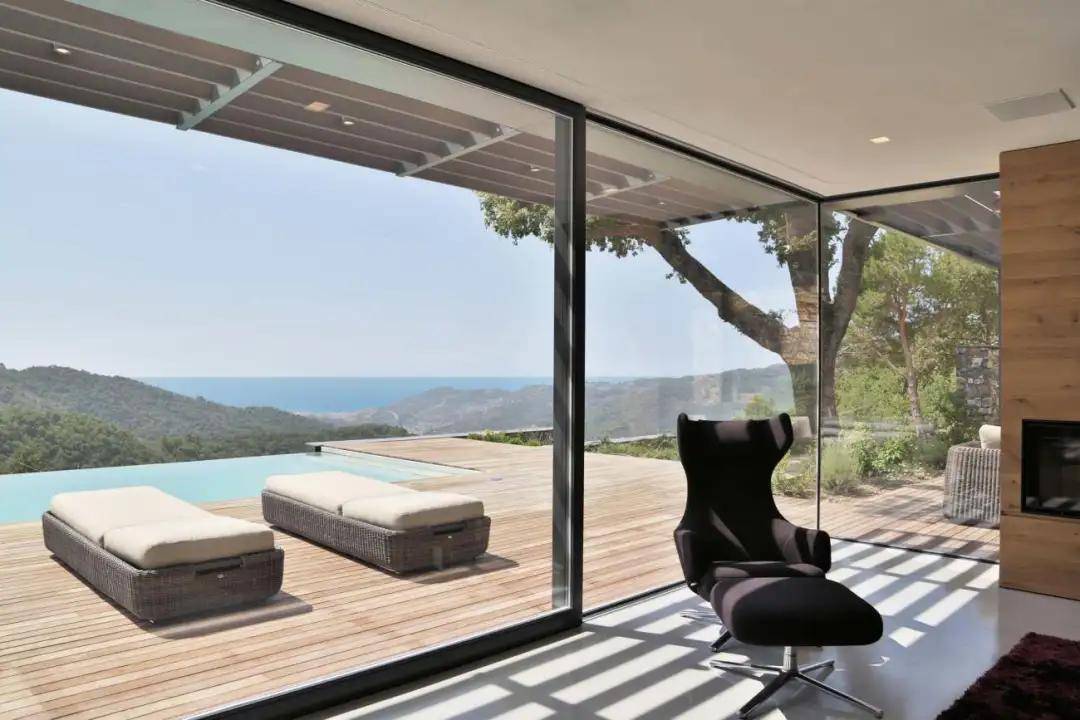
室内设计由简单永恒的设计定义,结合高品质的纯材料和细节,如天然木材和石材,工业混凝土地板和石膏石膏。内置的家具和内部门都是用天然橡木定制的。门的槽口是天花板高,增加了流动的房间安排,使私人和半私人房间的功能和视觉连接。
The interior is defined by a simple timeless design combining high quality pure materials and details, as natural timber and stone, with industrial concrete floors and gypsum plaster. The build in furniture and internal doors are custom made in natural oak. The slot of the doors are ceiling high and add to the flowing room arrangement allowing for a functional and visual connection of the private and semi private rooms.
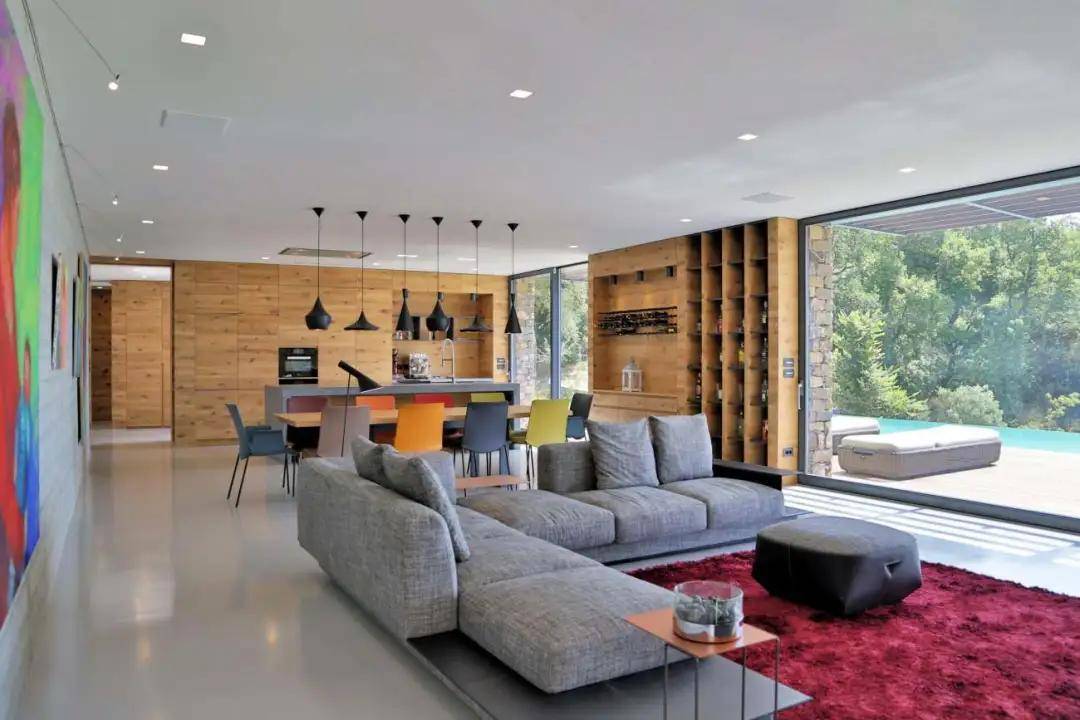
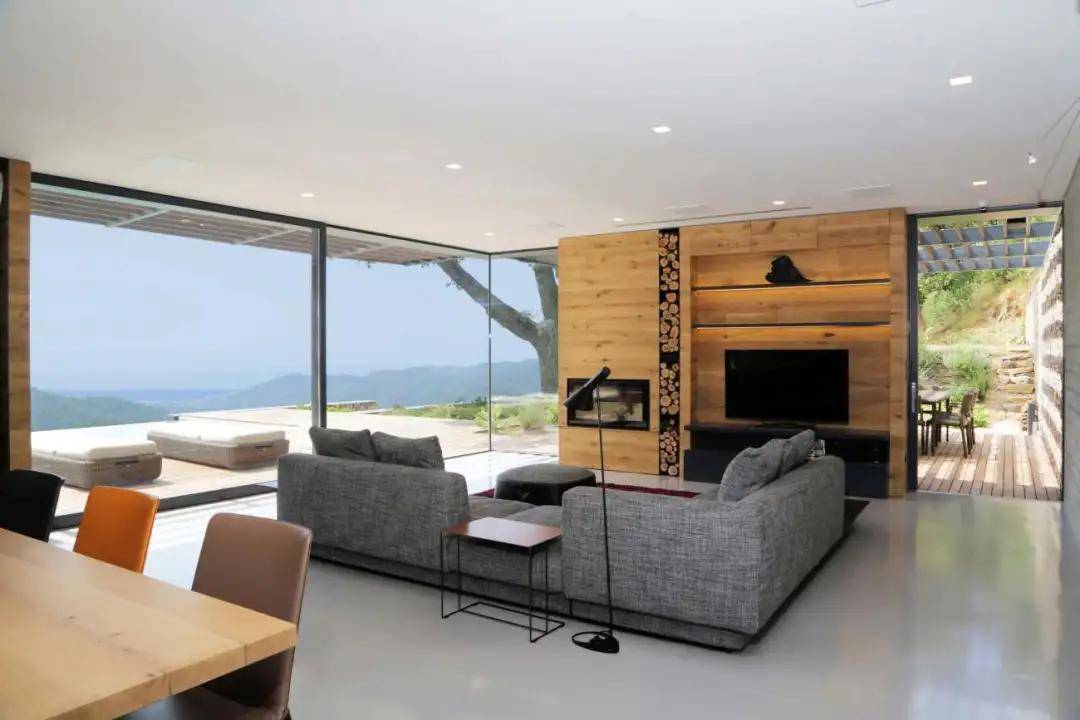
客厅的定制家具由厨房、吧台、书房和壁炉、电视墙组成。这种安排与大开间交替出现,并强调它们是独立的物品。温暖的木板与客厅后方裸露的混凝土墙面的木质浇铸板的印记相协调,作为特色艺术墙。
The bespoke furniture of the living room is composed by the kitchen, the bar, the library and the fireplace and TV wall. The arrangement alternates with the large openings and emphasizes them as standalone items. The warm timber panels are in harmony with the imprints of the timber cast boards of the exposed concrete wall to the back of the living room, which functions as a feature art wall.
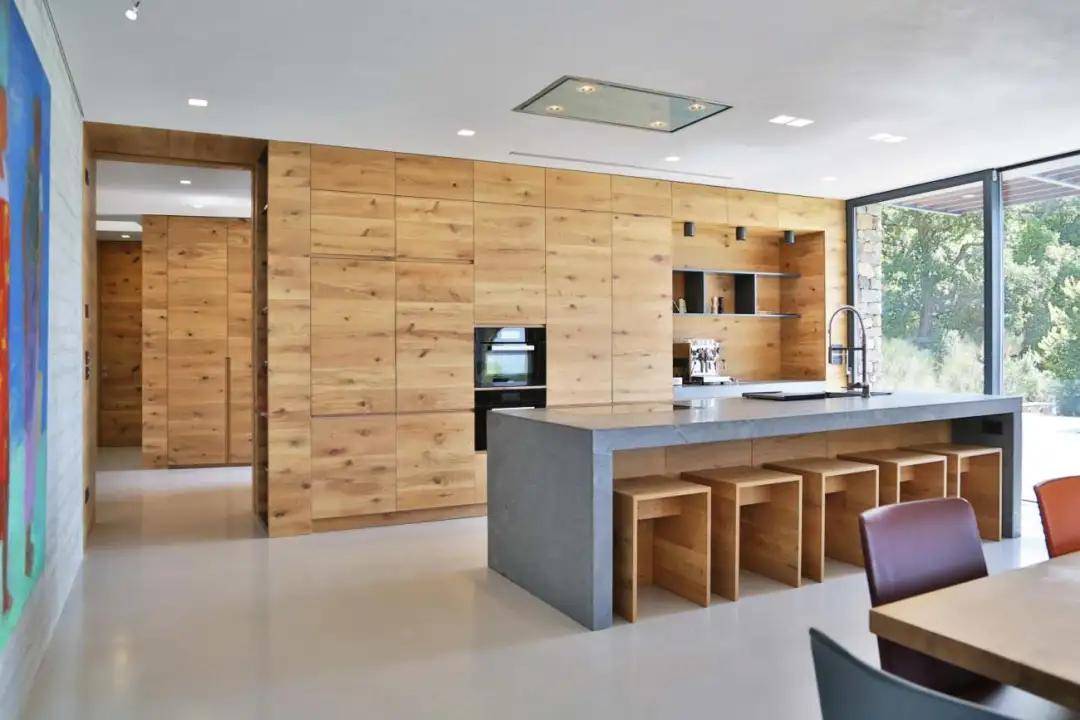
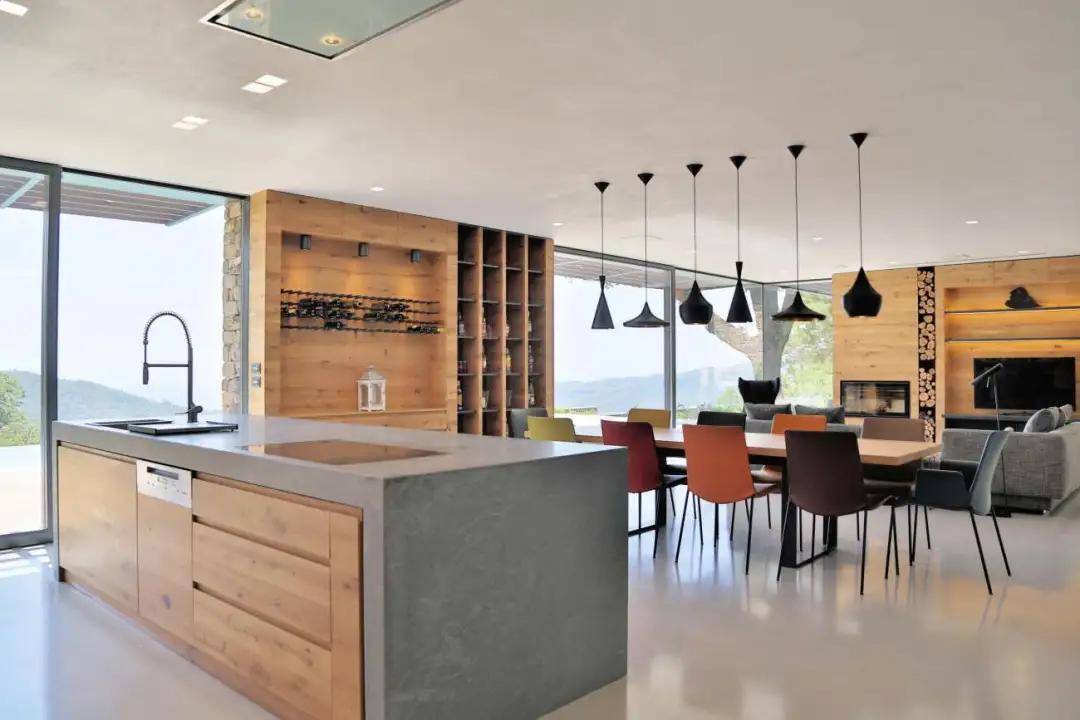
卧室的设计是必不可少的,并允许不同的装修安排与定制的构建在橡木家具。浴室则采用天然石材、木材家具和可丽耐洁具。太阳能电池板和光伏用于地板采暖和机械通风,80%的能源消耗由太阳产生,不使用化石燃料,其余20%由热泵覆盖。高度隔热的地下混凝土架、热质、有效控制太阳光的绿色屋顶和可再生能源的使用,在获得优越的房屋舒适度和空气质量的同时,大大降低了建筑的热能差异和消耗足迹,使建筑达到了Passivhaus标准。
The design of the bedrooms is essential and allows for different fit out arrangements with bespoke build in oak furniture. The bathrooms instead are clad with natural stone, timber furniture and corian sanitary ware. Solar panels and photovoltaic are used for underfloor heating and mechanical ventilation, 80% of the energy consumption is produced by the sun and without the use of fossil fuels, the remaining 20% are covered by a heat pump. The highly insulated subterranean concrete shelf, the thermal mass, the green roof with the efficient control of solar light and the use of renewable energy only reduces significantly any thermal disparity and the consumption footprint of the building while obtaining a superior house comfort and air quality, bringing the building up to Passivhaus standards.
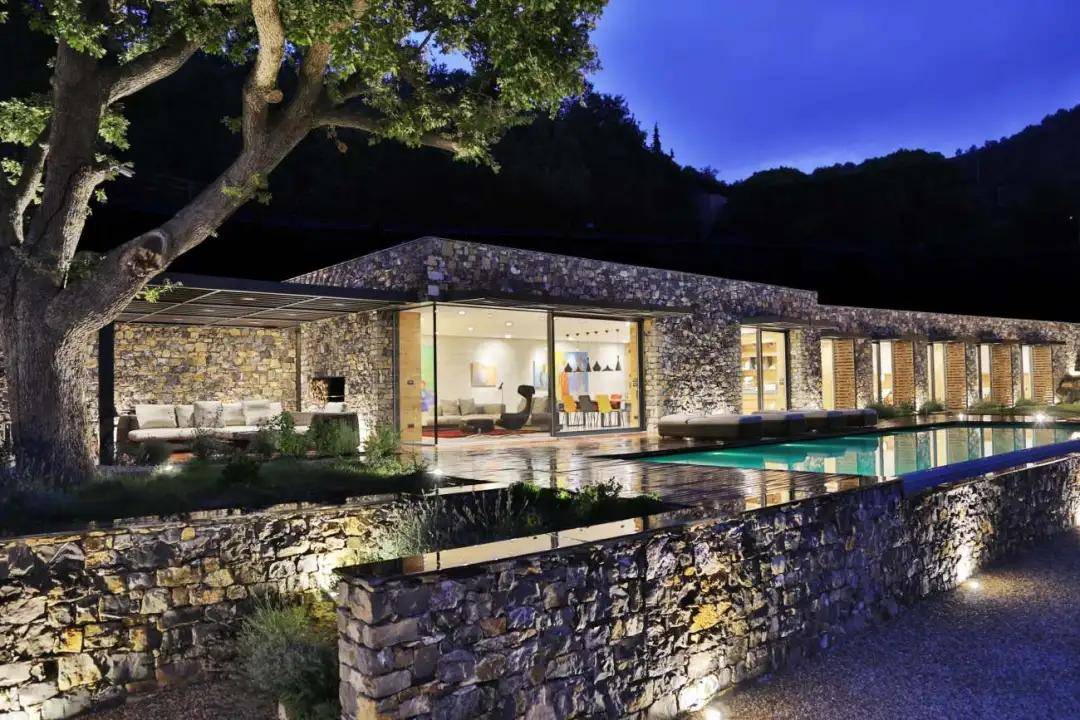

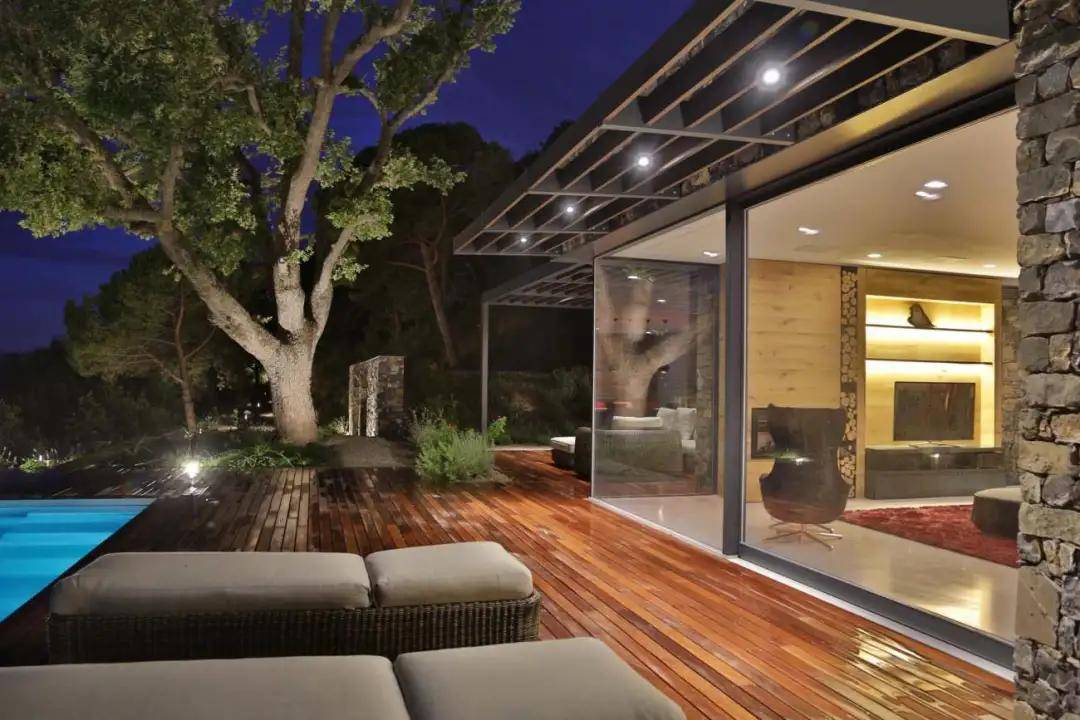
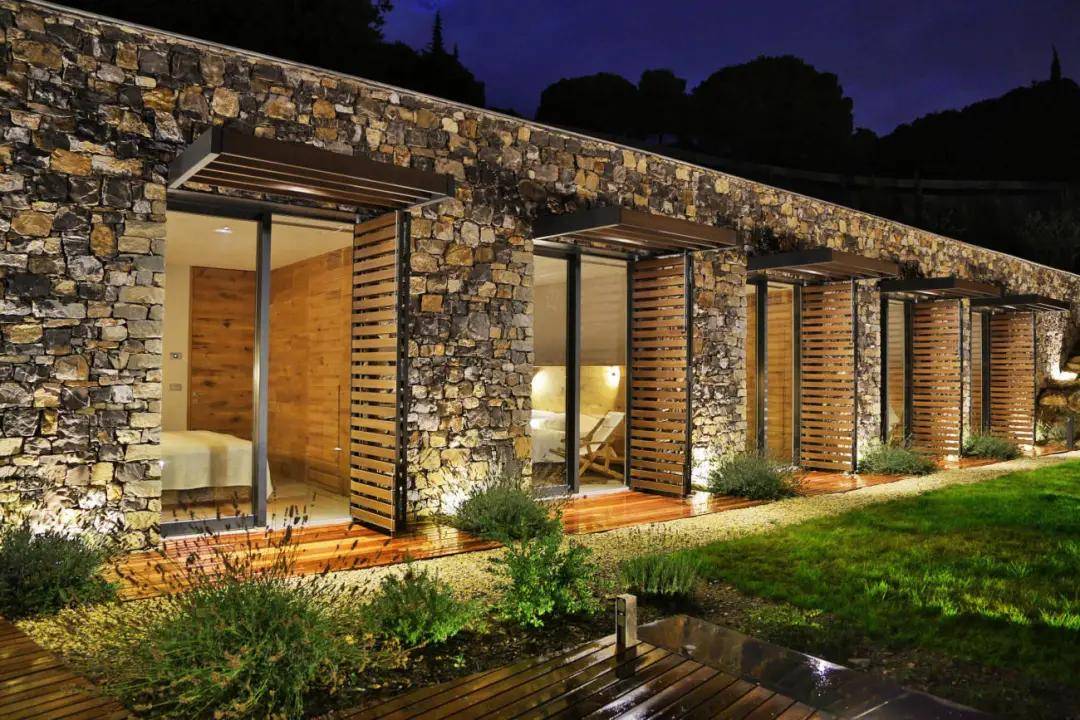
Project: Villa Nemes
Architect: Giordano Hadamik Architects
Location: Imperia, Italy
Planning, and health and safety: Roberto Ferraro
Structure: Daniele D'Ignoti
Mechanical electrical engineer: Moroni Penna Ingegneri
Geologist: Giorgio Ligorini
Survey: Pastorelli Antonio
Photo credit: Silvano Palumbo
非常感谢 Giordano Hadamik Architects 供稿分享
本文由hhlloo/景观邦 翻译排版


